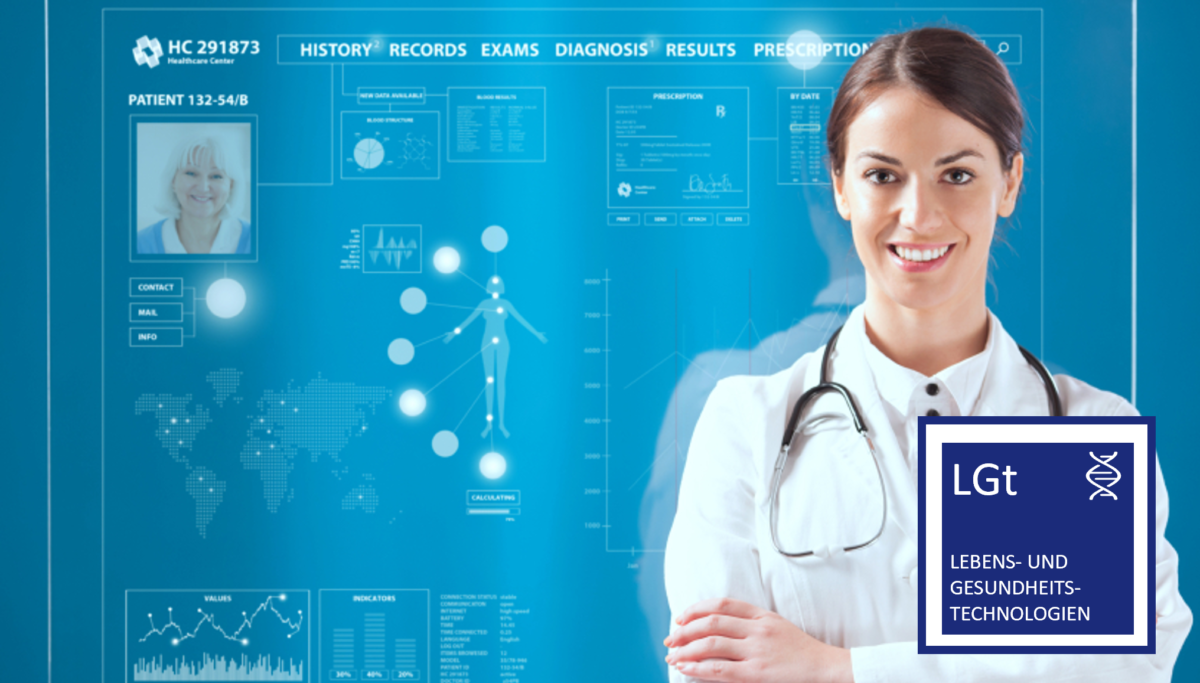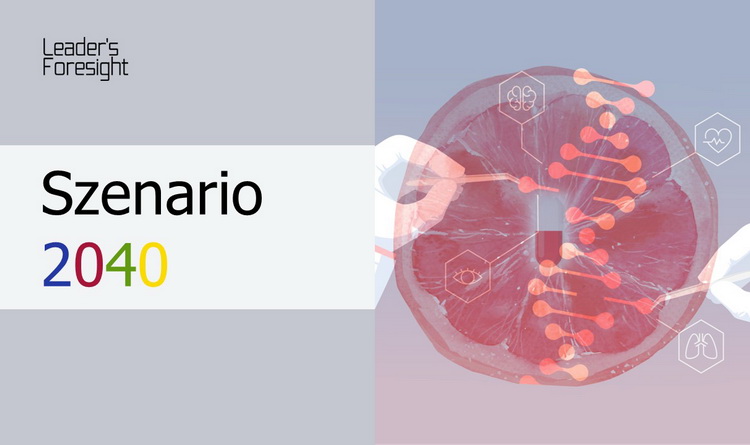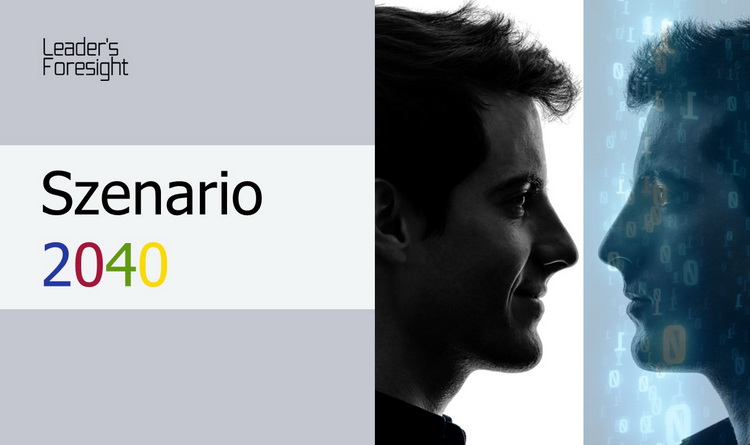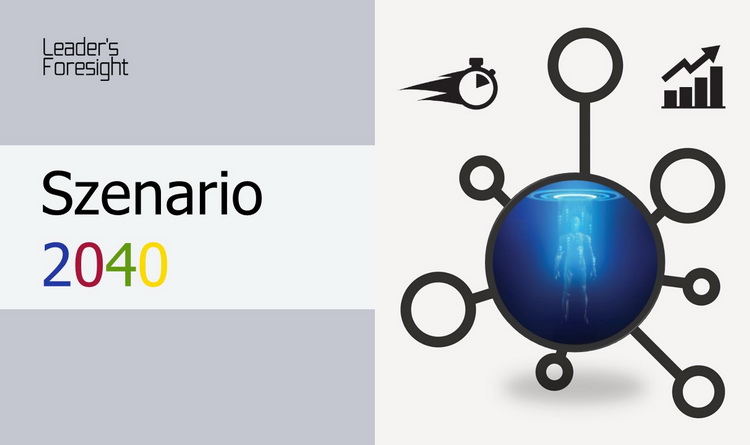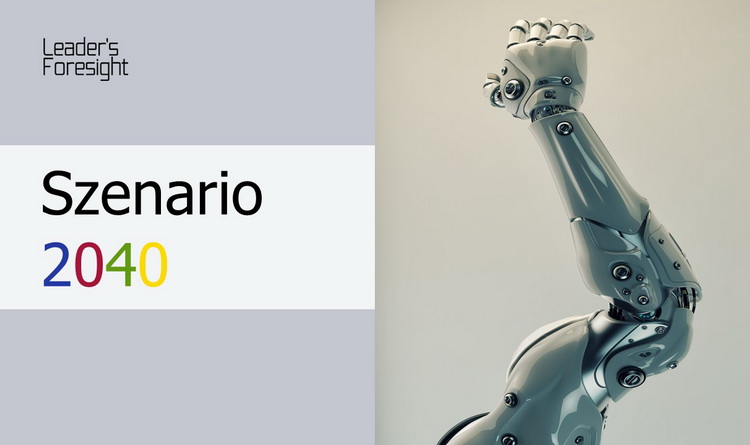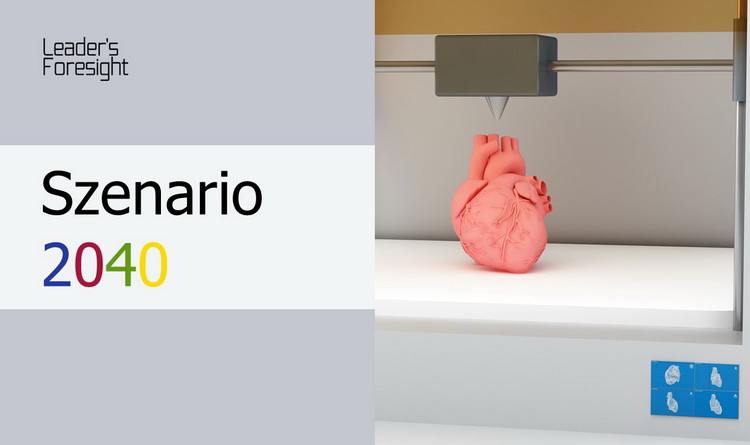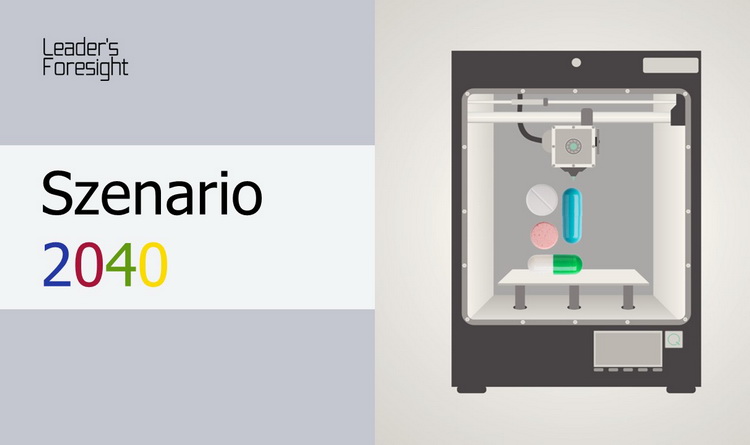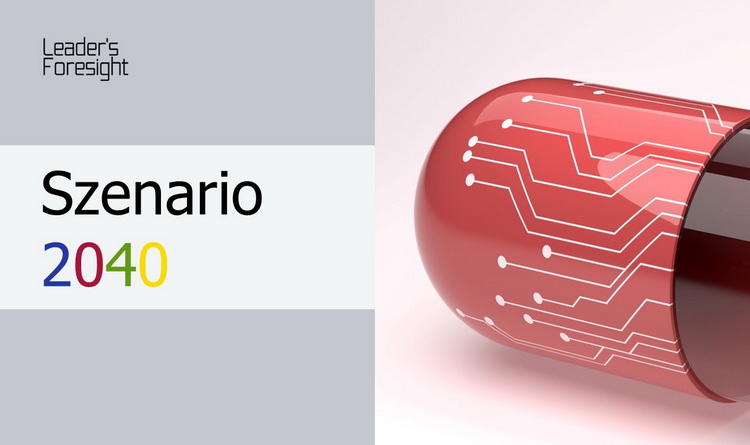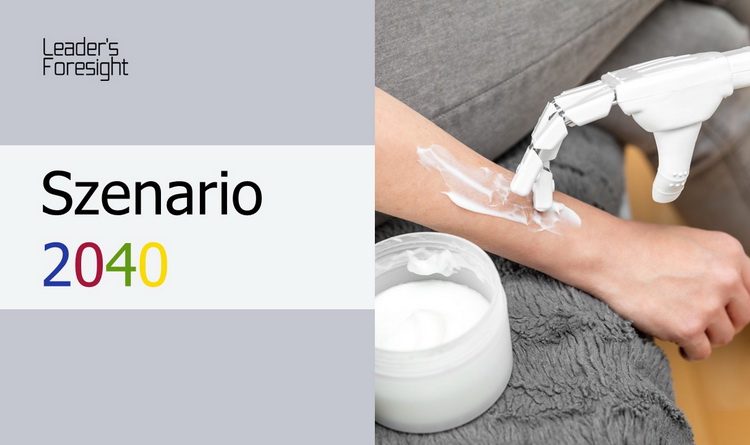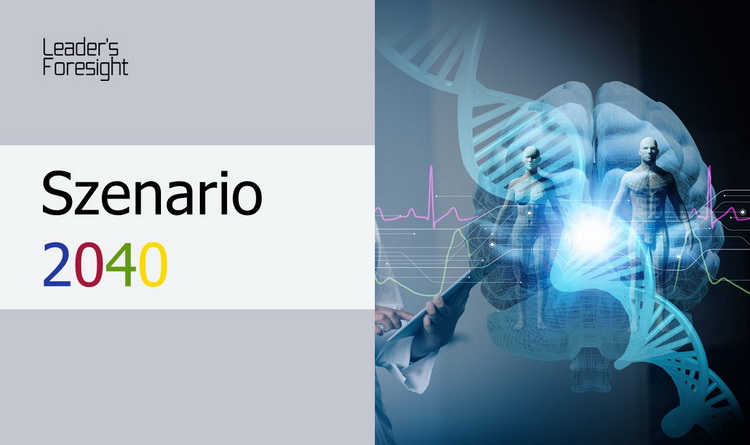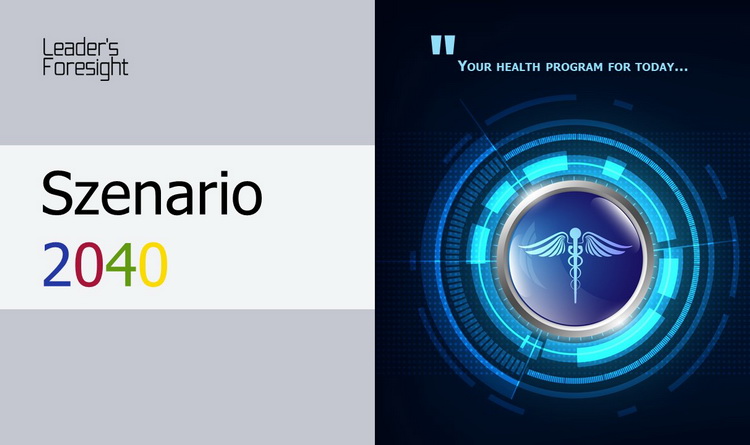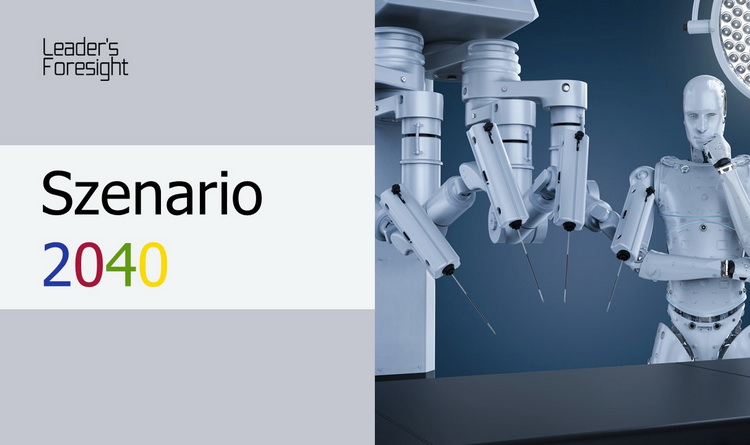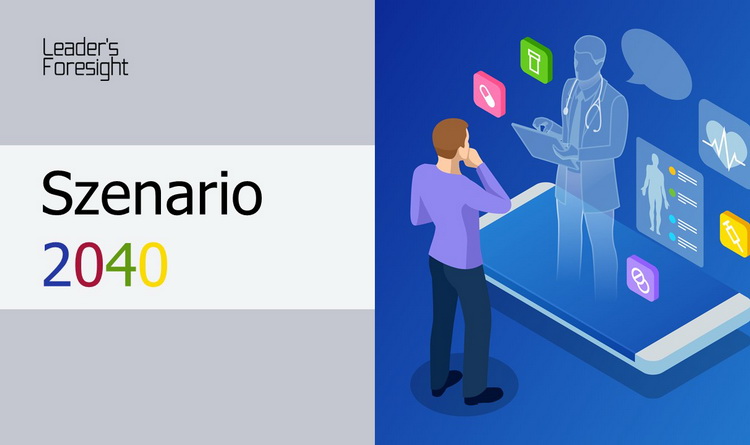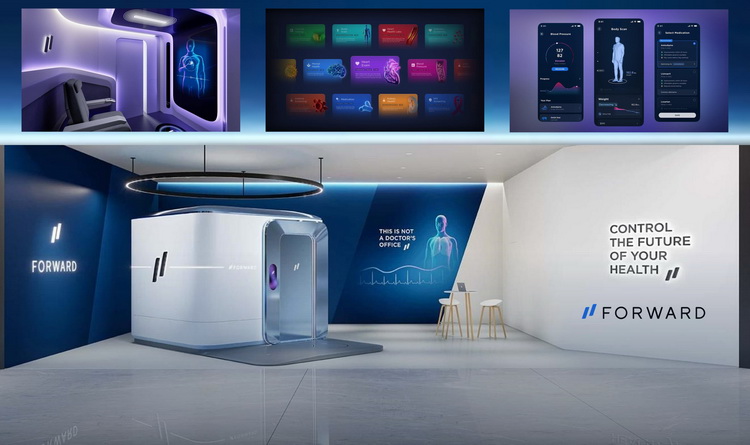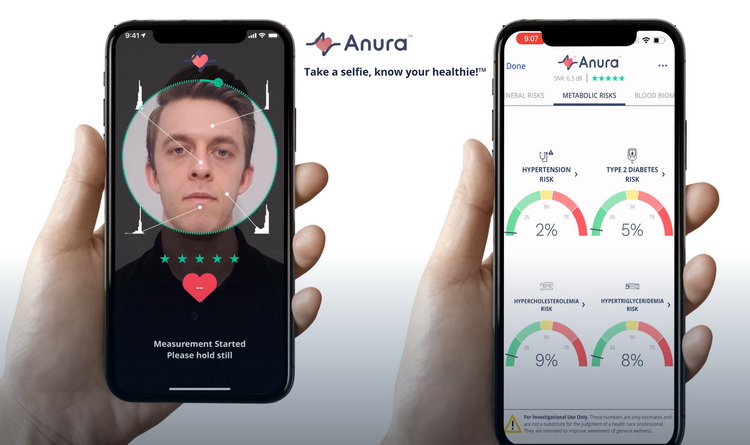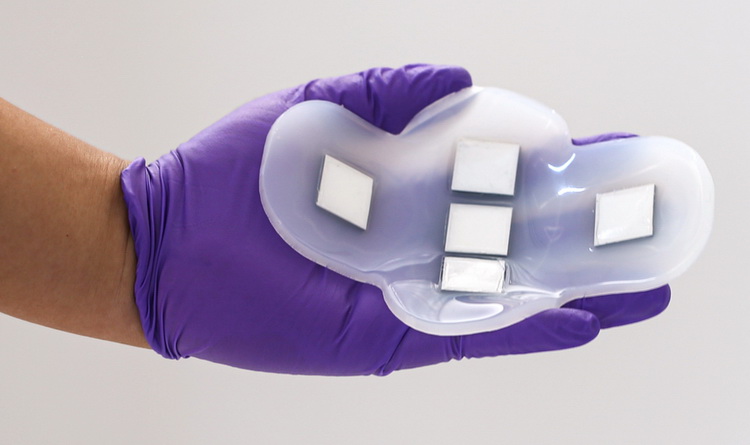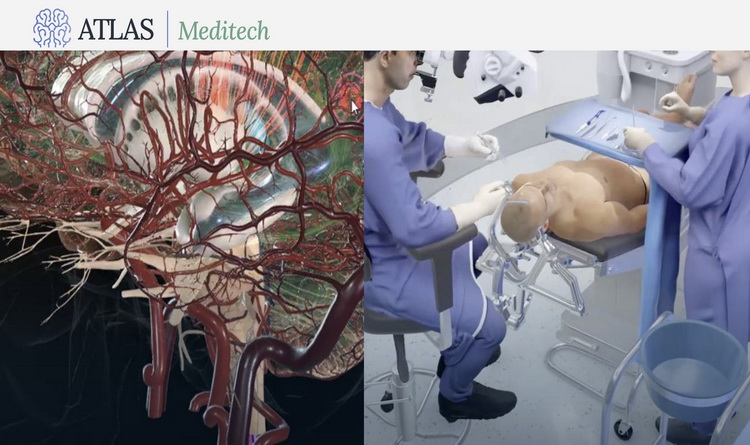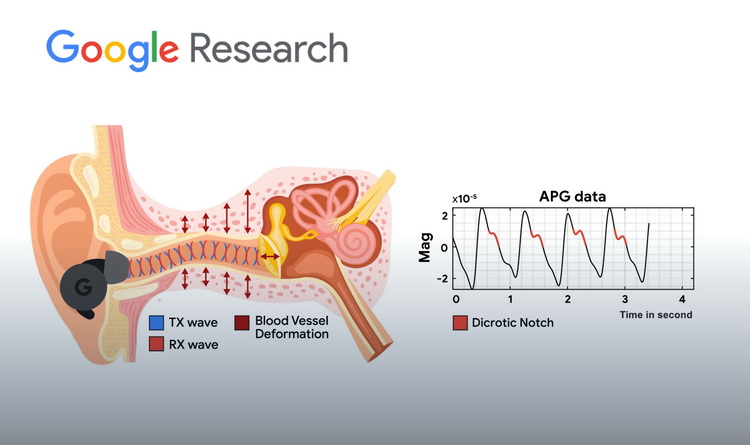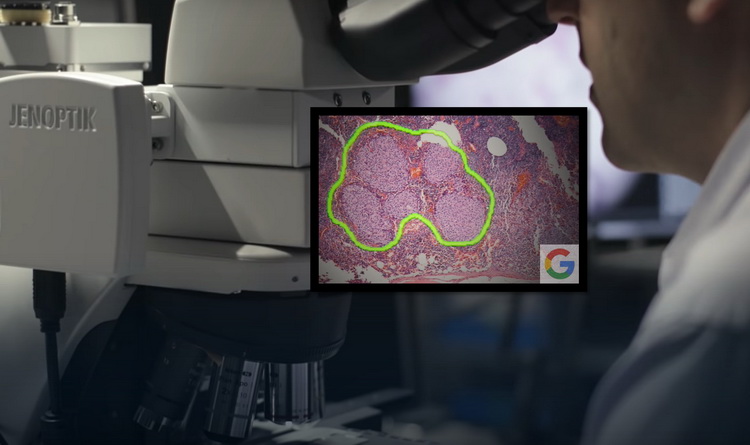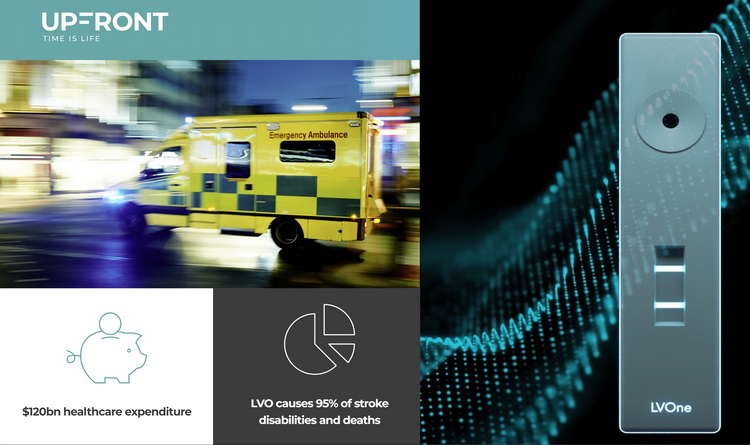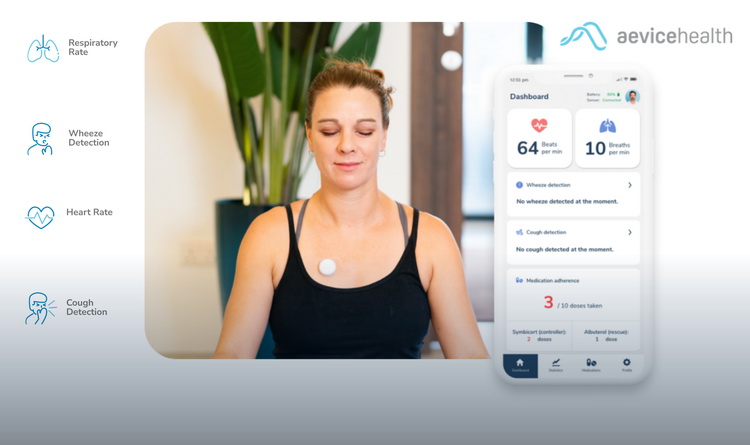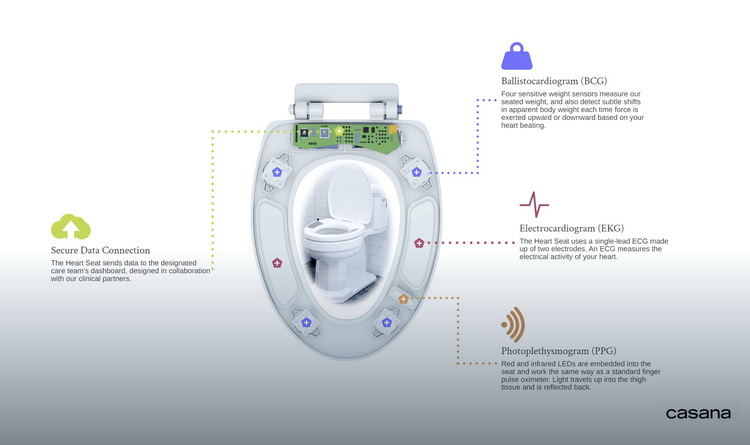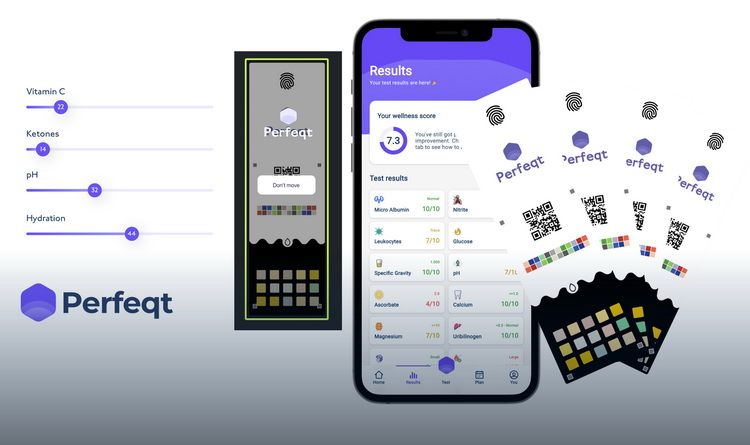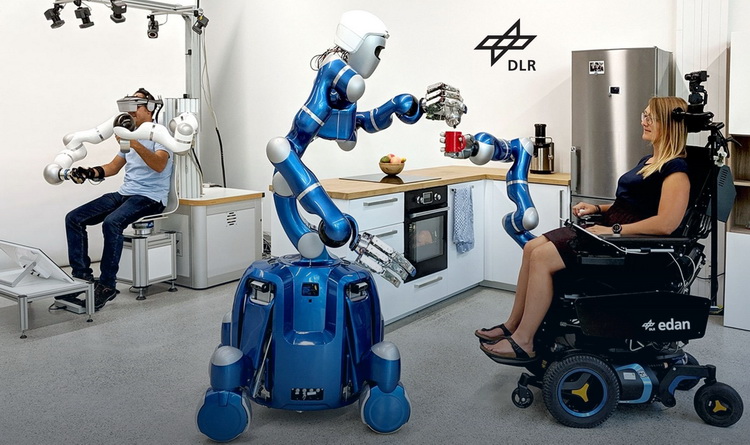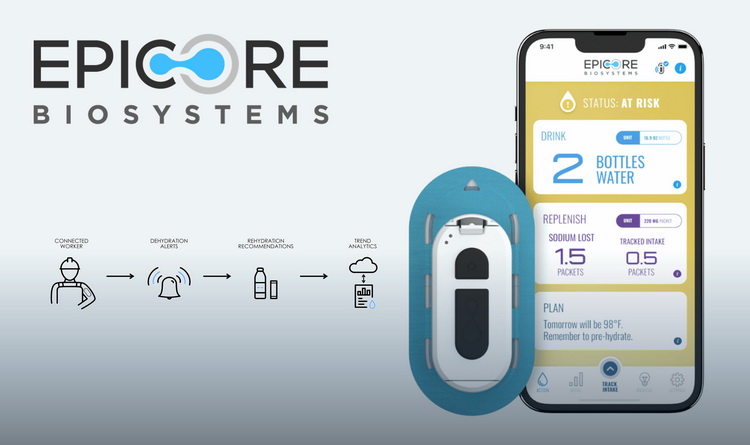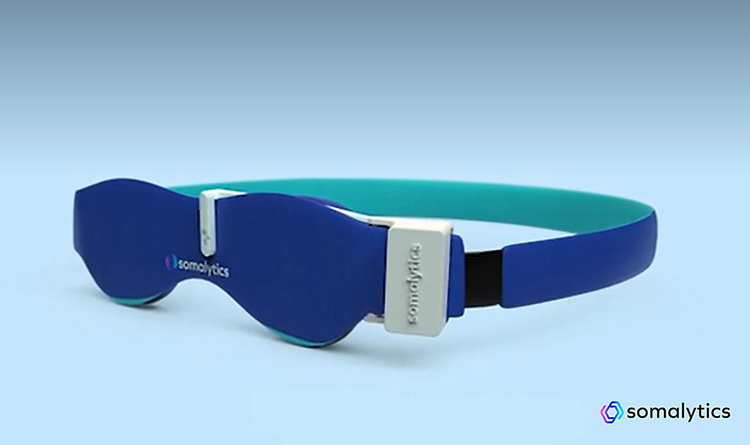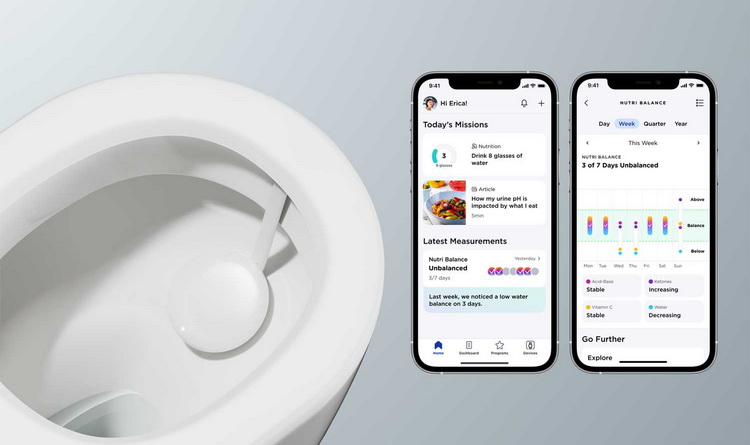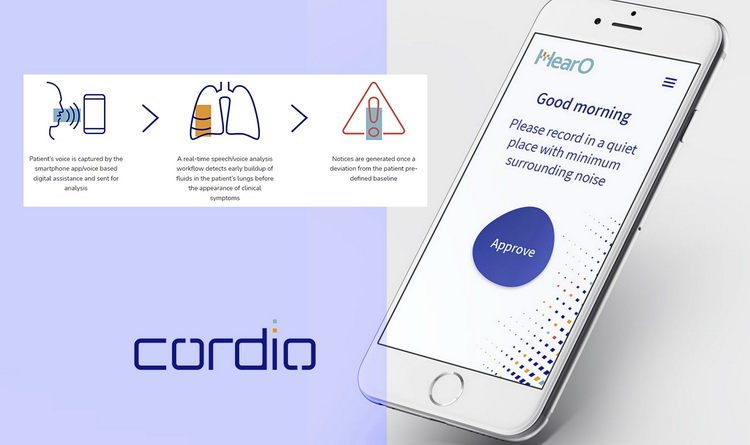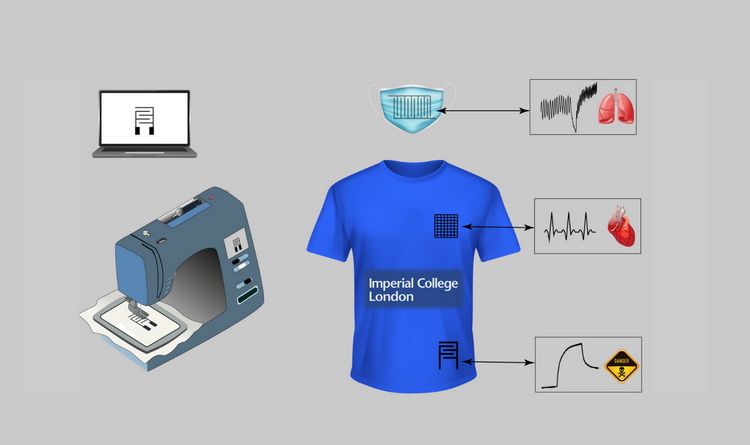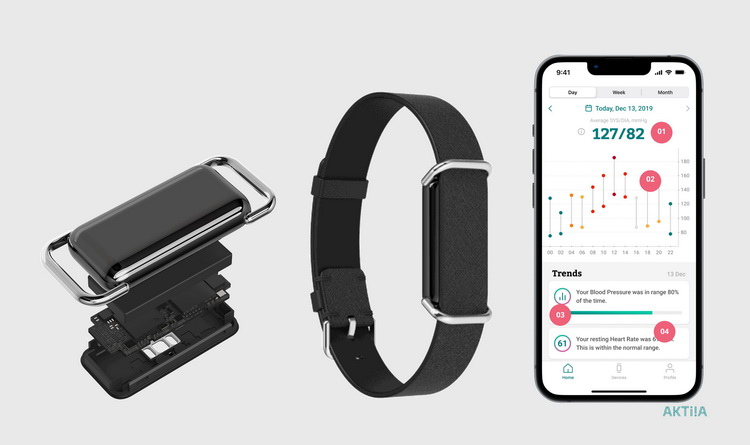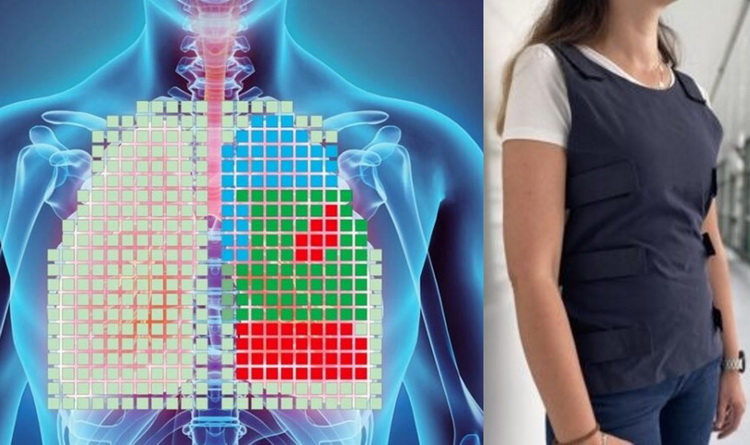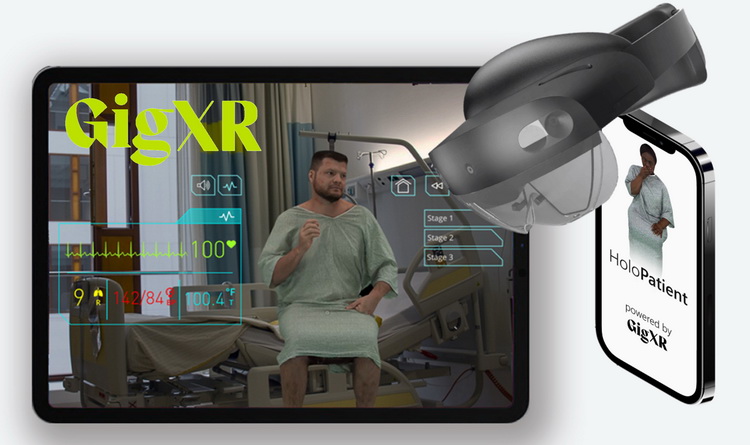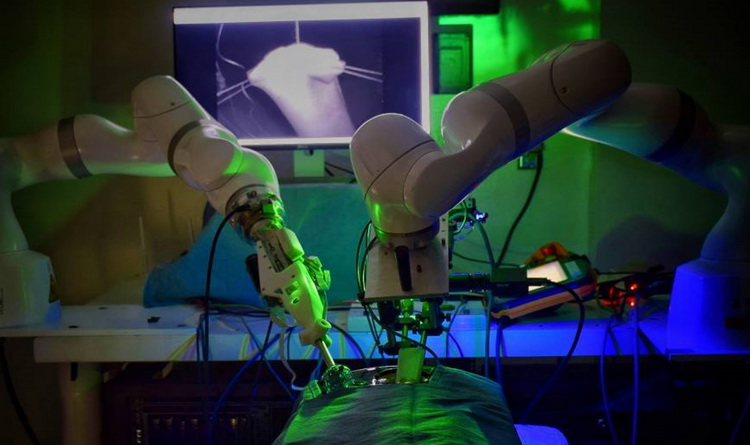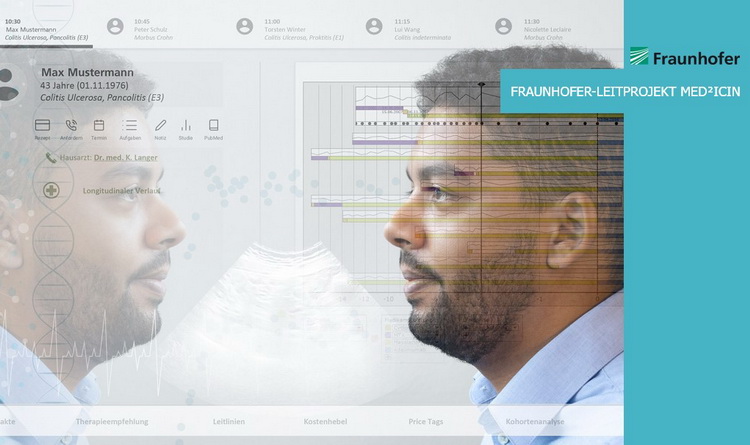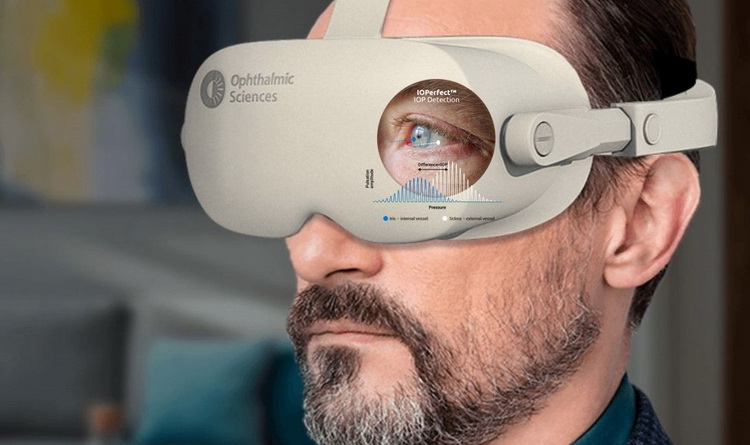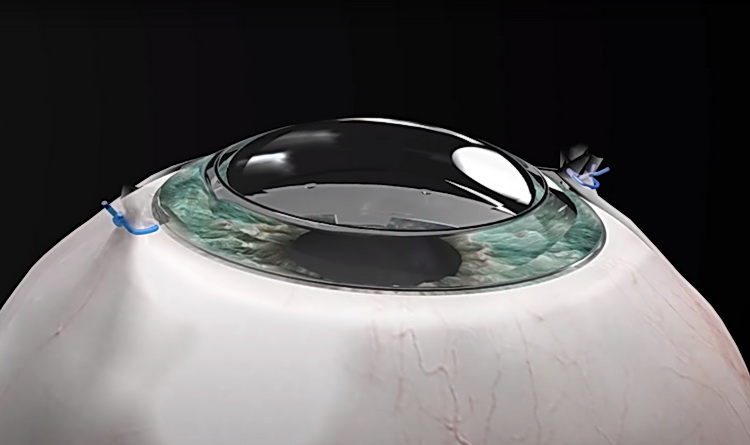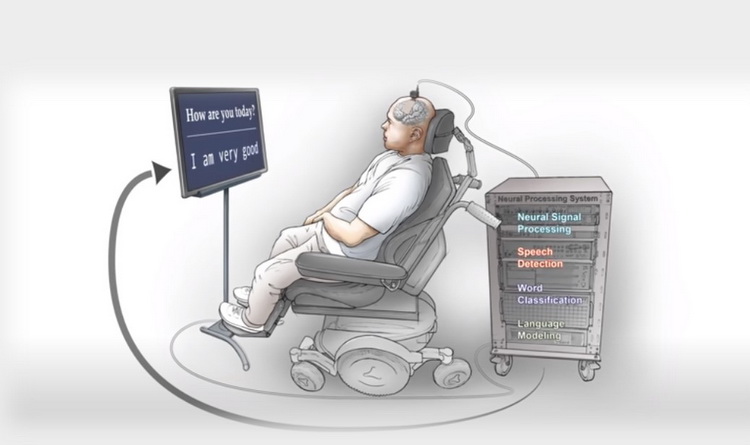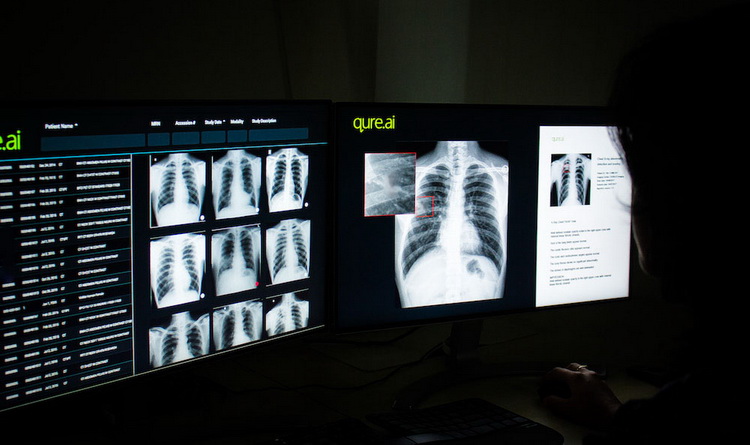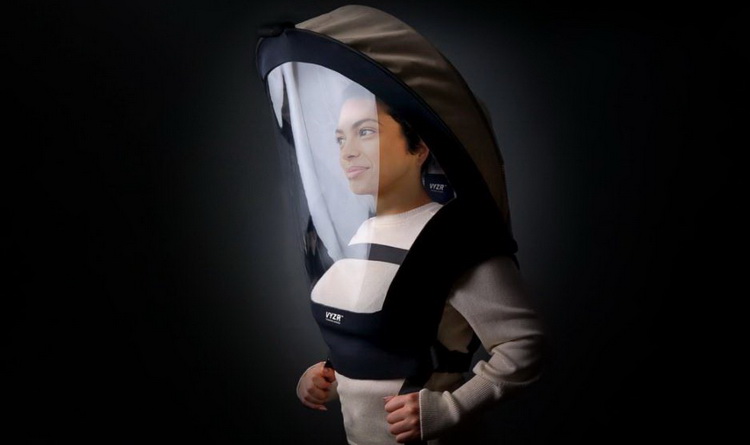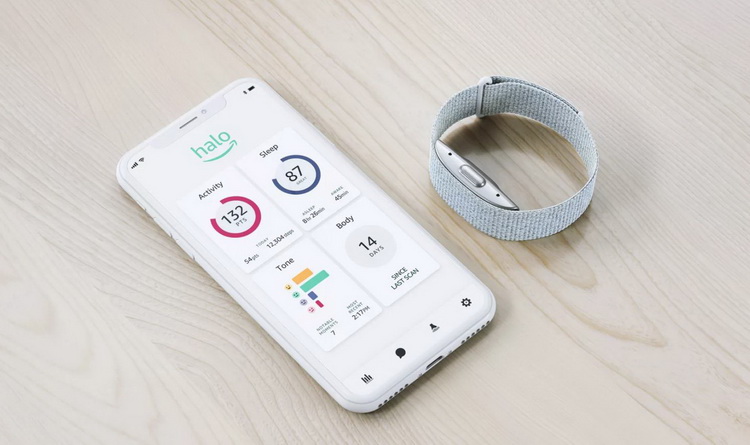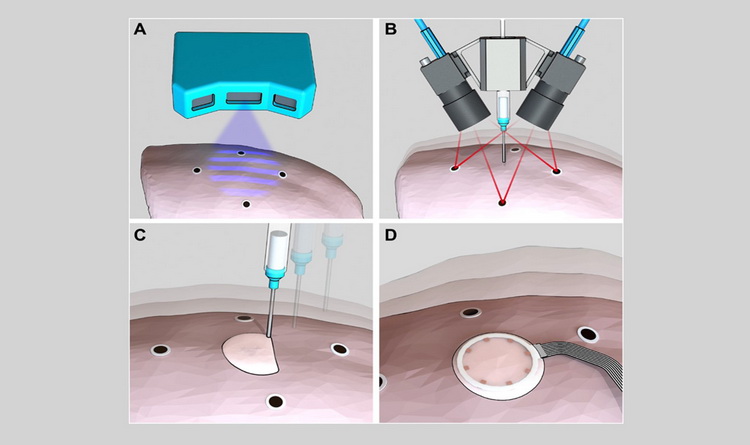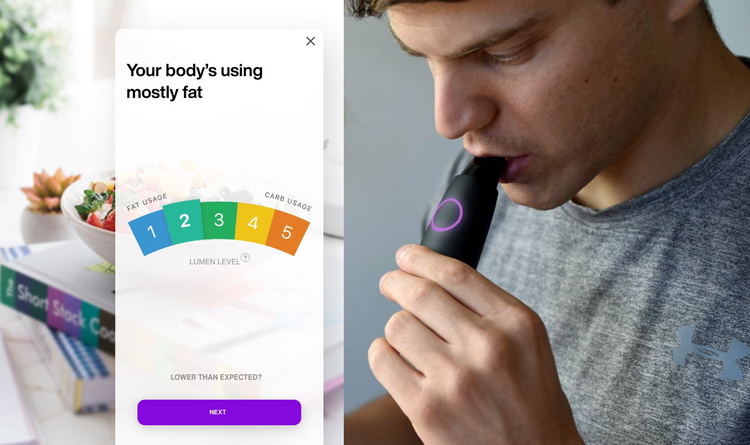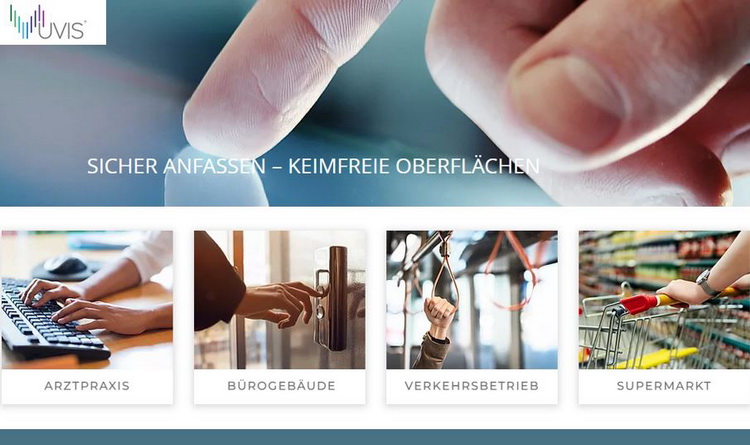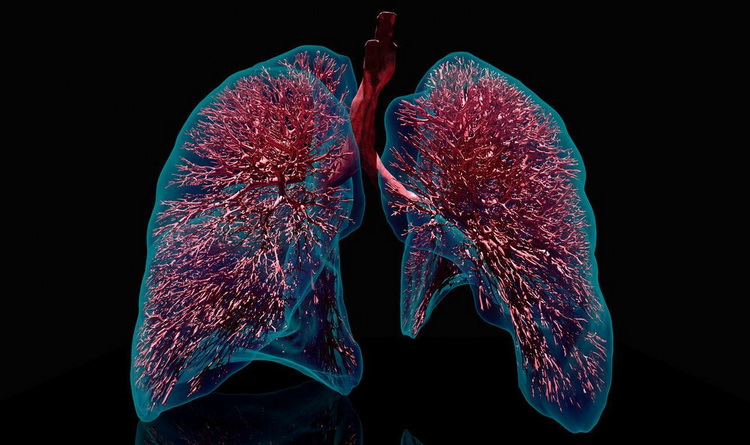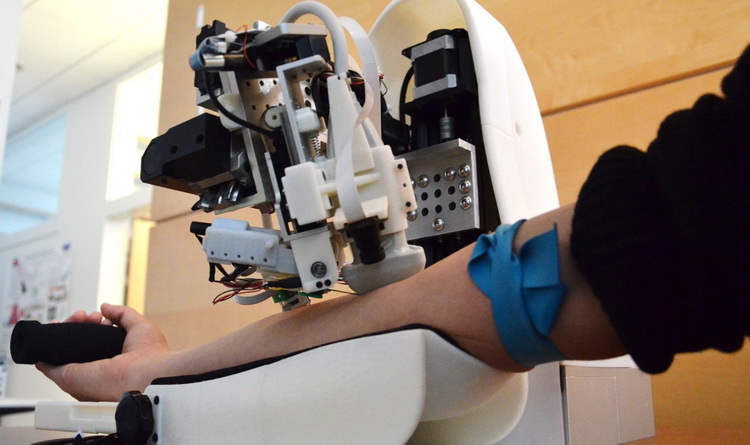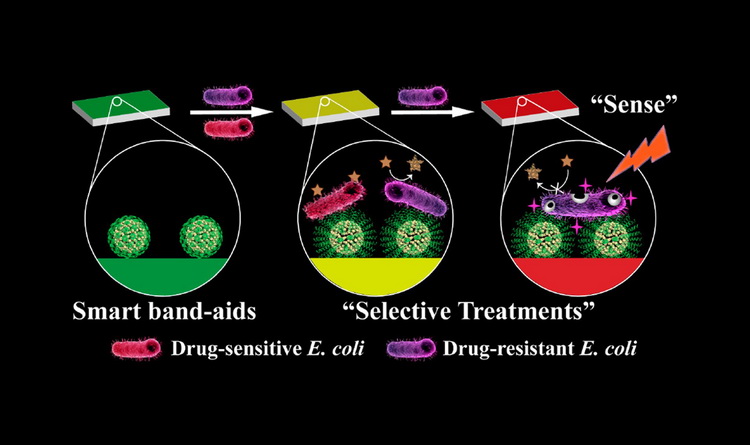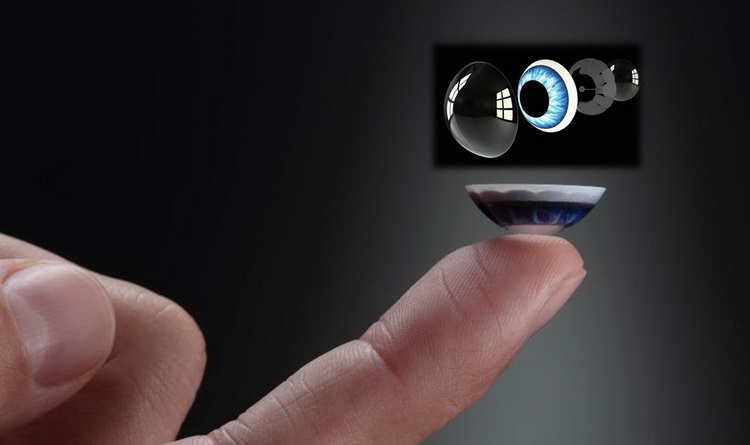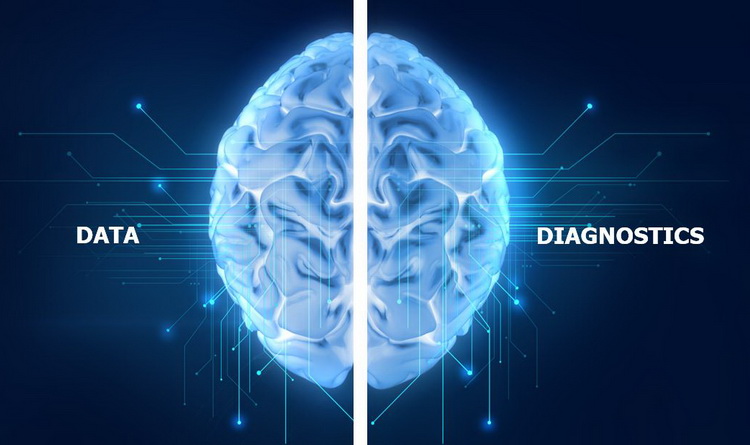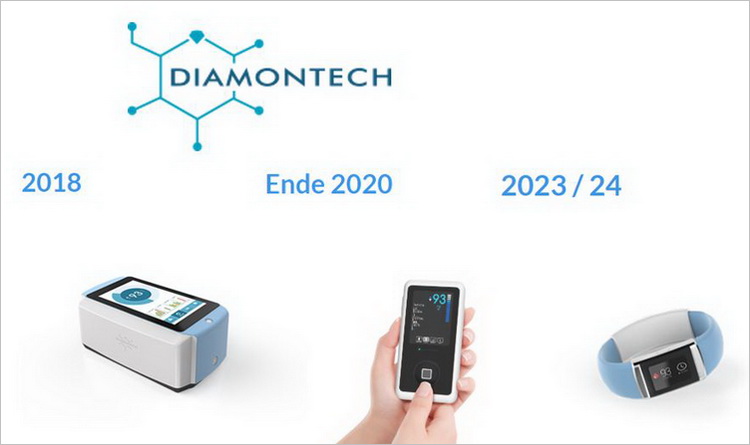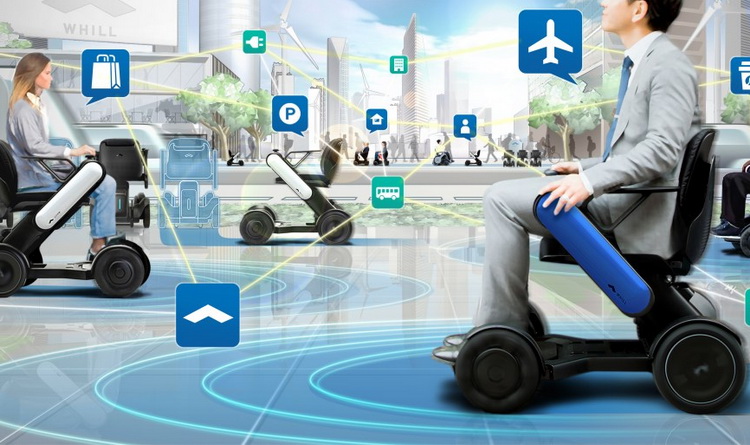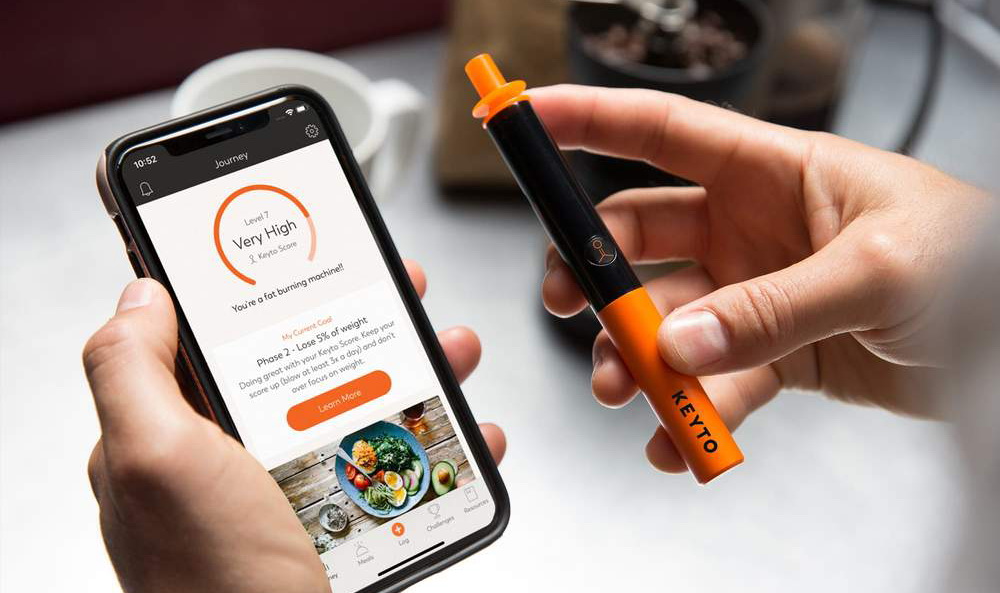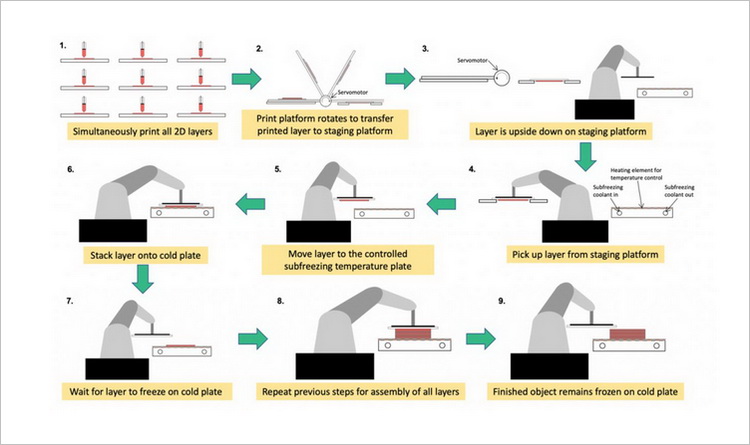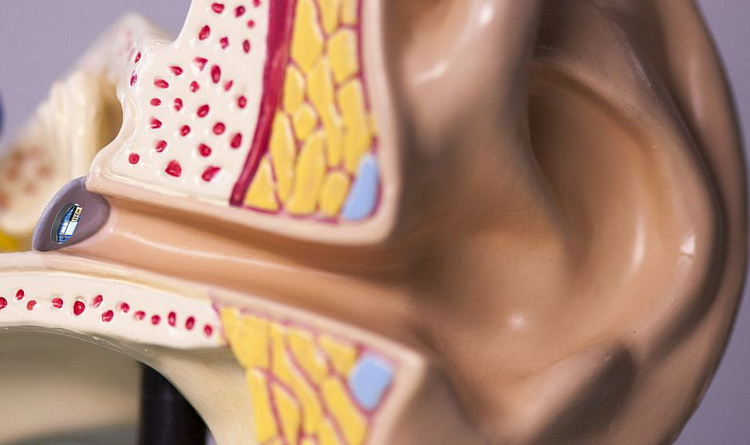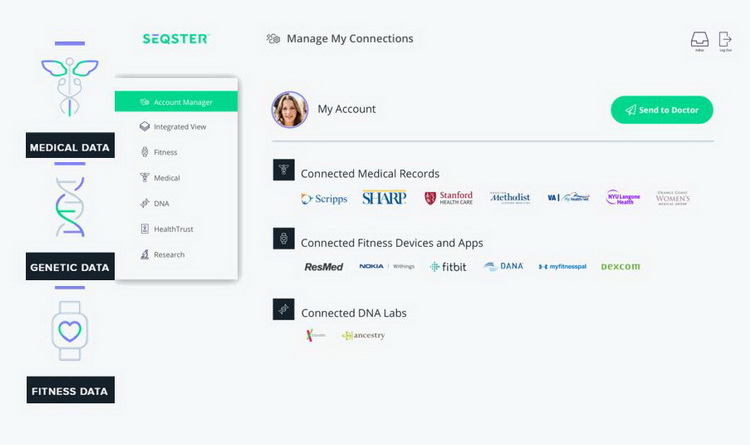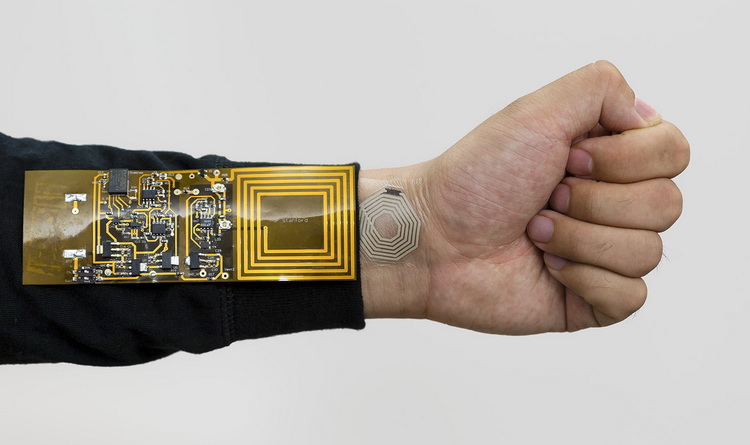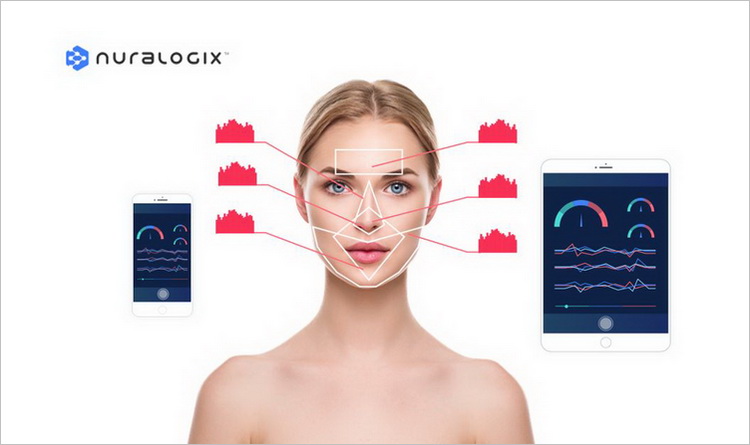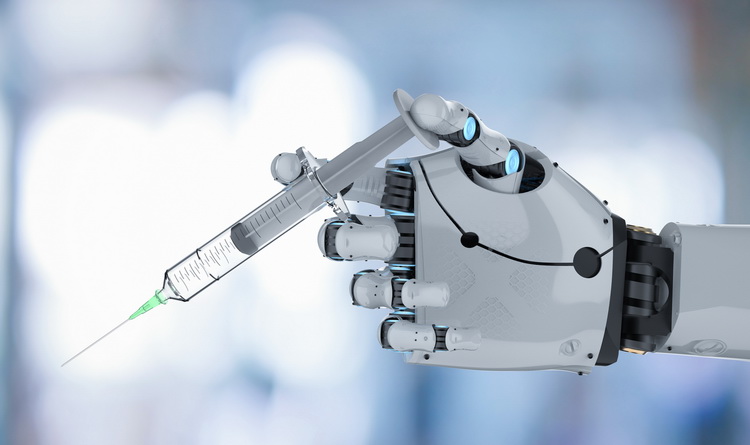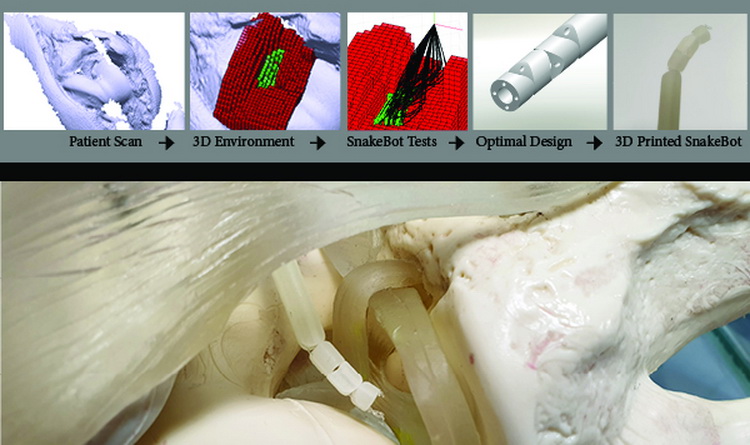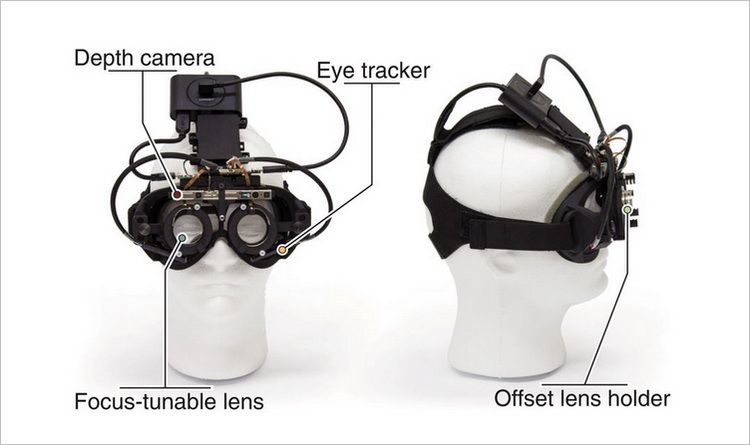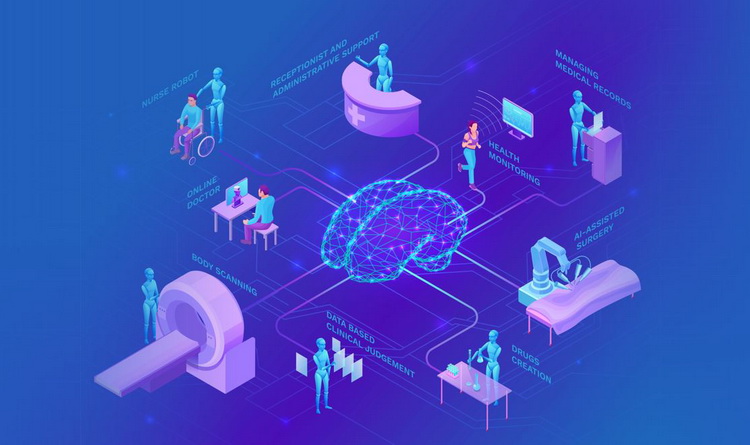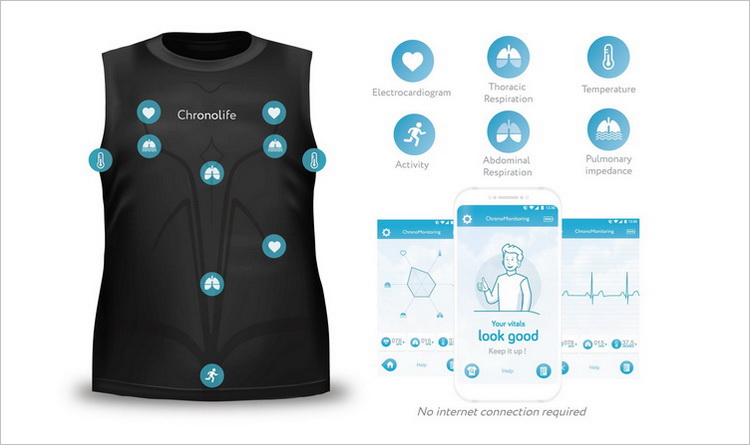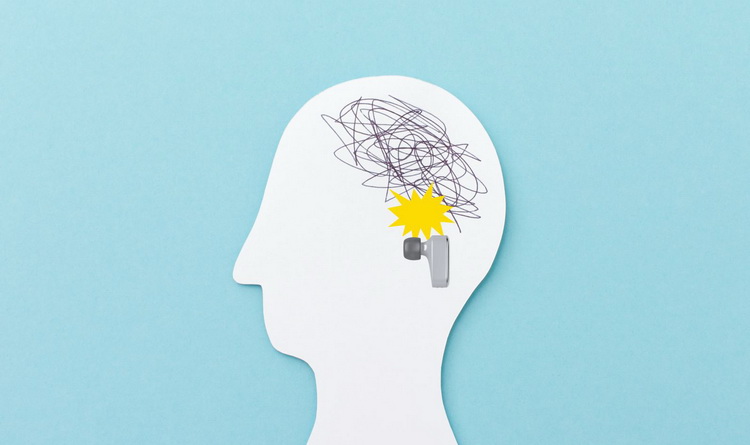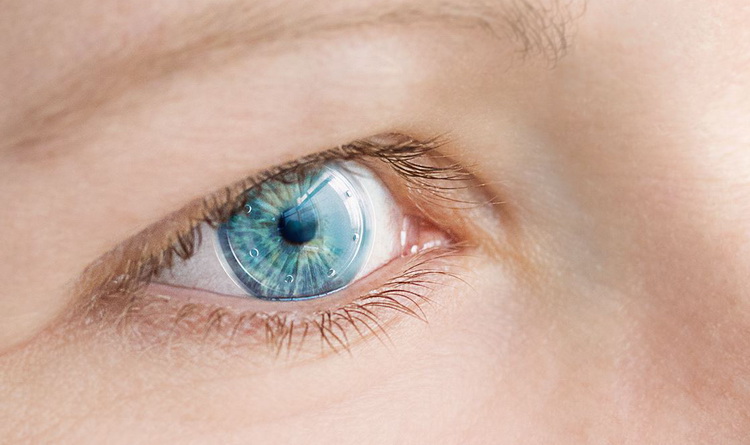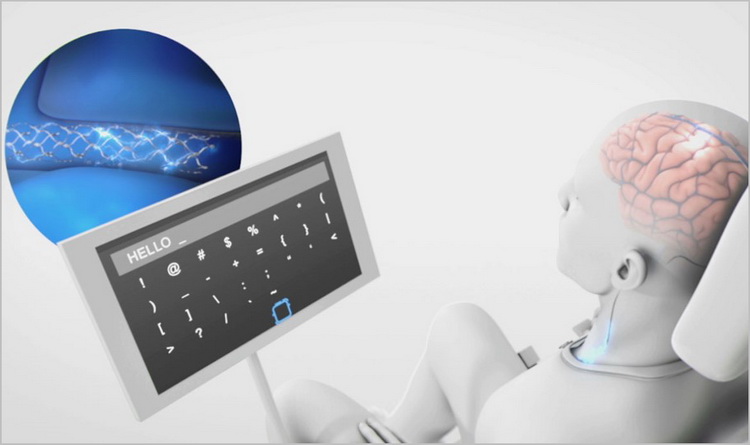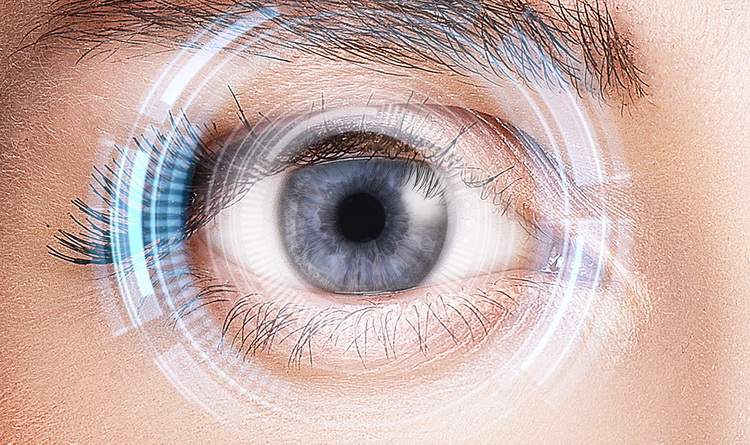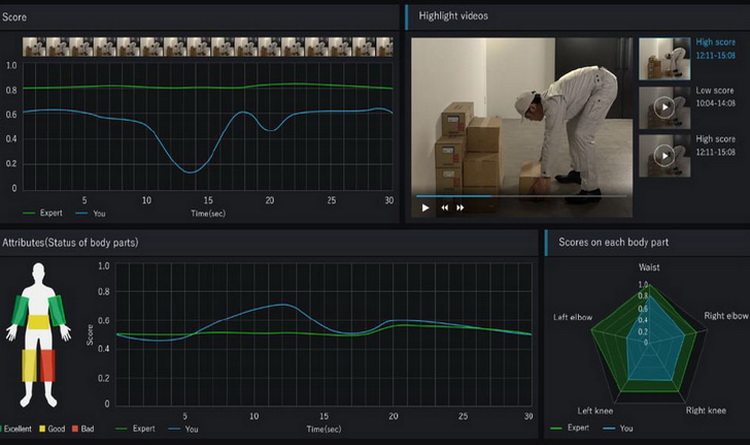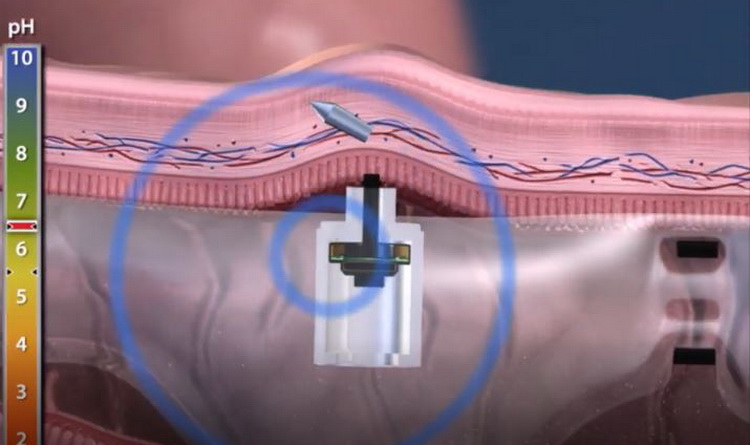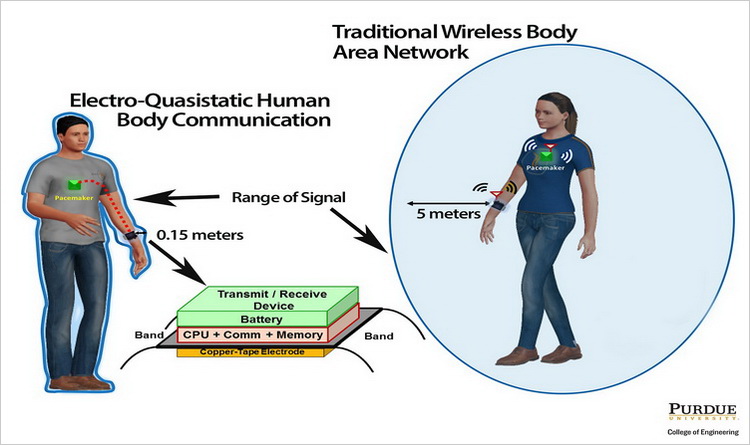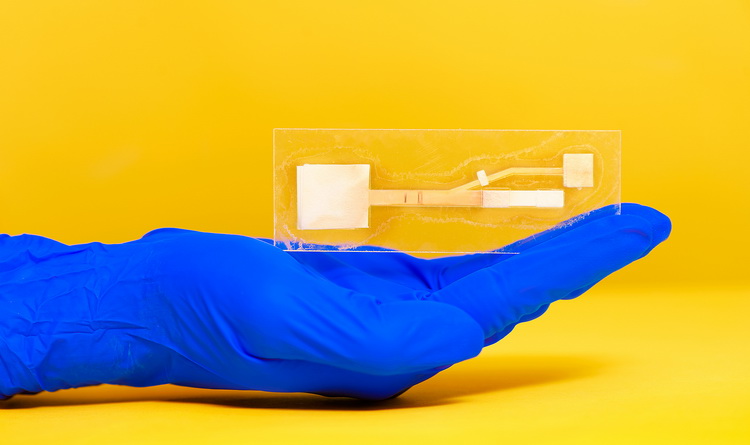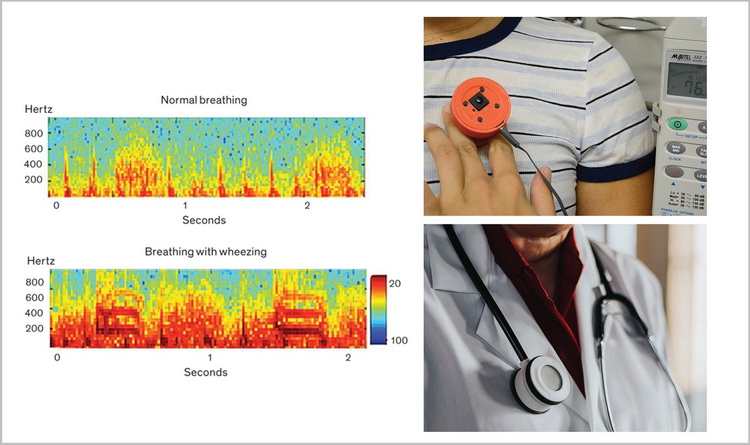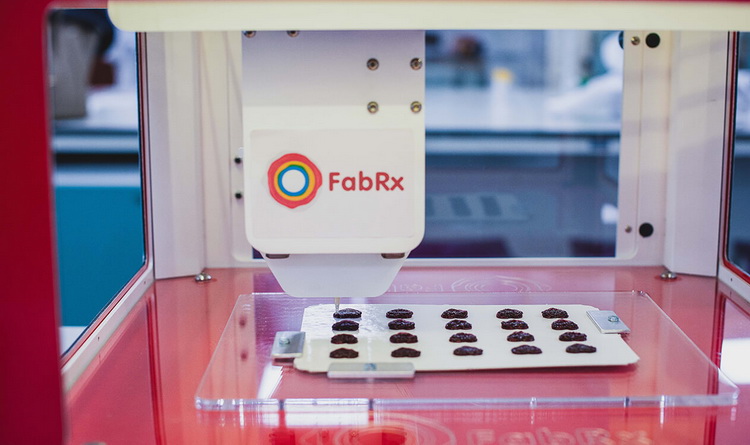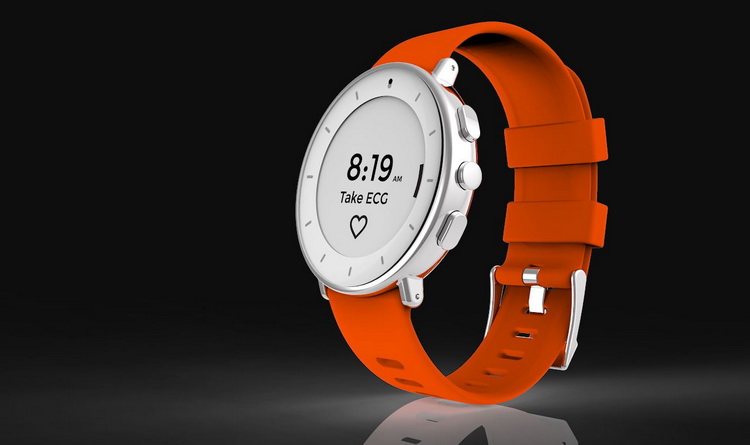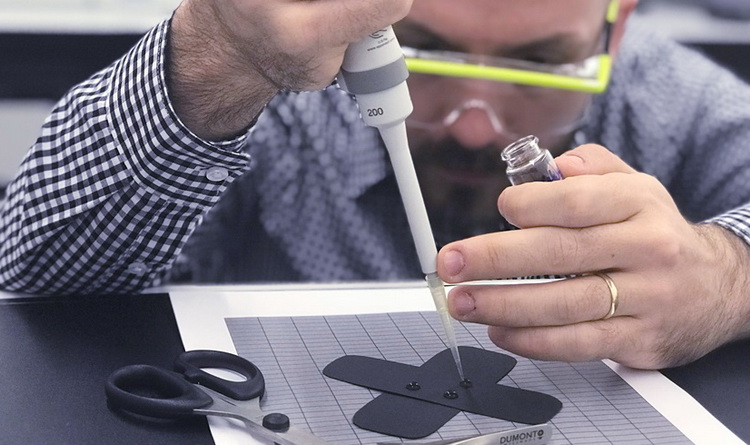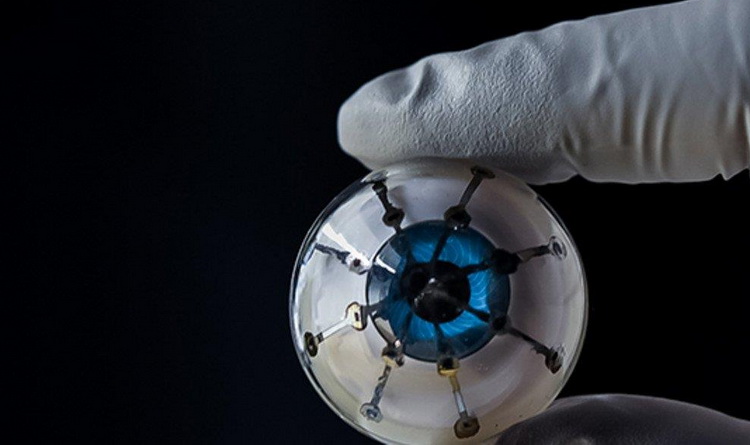- Die Lebens- und Gesundheitstechnologien gehören zu den größten und bedeutendsten Forschungsfeldern unserer Zeit. Technologische Innovationen ermöglichen es nicht nur, Erkrankungen immer frühzeitiger zu erkennen und wirkungsvoller zu behandeln, sondern auch, sie durch Prävention erst gar nicht entstehen zu lassen. Die ergonomische Gestaltung von Lebens- und Arbeitsumgebungen gewinnt zunehmend an Bedeutung.
- Die Neurowissenschaften sowie die Bio- und Gentechnologie haben ein enormes Entwicklungspotenzial und öffnen das Tor zu einer personalisierten Medizin. Qualitätsverbesserungen ermöglichen auch die Informations- und Kommunikationstechnologien (E-Health).
- Fortschritte in der Medizin werden nicht nur dazu beitragen, dass wir in ZukunftDie Zukunft ist ein vielschichtiges Konzept und weitaus komplexer als gemeinhin angenommen: "die Zukunft" als vor uns liegende Zeit existiert nicht. So bietet es sich an, von der Zukunft im Plural zu sprechen. Der Begriff "Zukünfte" impliziert eine gewisse Offenheit und einen Mangel an Vorherhsehba... More auch im hohen Alter deutlich gesünder leben werden, sondern sie könnten, wesentliche Durchbrüche vorausgesetzt, unsere Lebenserwartung drastisch erhöhen.
- Gleichzeitig werden Menschen in Zukunft über das medizinisch Notwendige hinaus zunehmend ihre eigene Leistungsfähigkeit technologieunterstützt erhalten oder optimieren wollen.
Future Stories
Welche konkreten Entwicklungen und Veränderungen könnten Ihr Geschäft beeinflussen? Hier finden Sie inspirierende Future Stories zum TrendIm allgemeinen Sprachgebrauch ist Trend einer der am häufigsten verwendeten Begriffe, wenn es um die Zukunft geht. Im unternehmerischen Zukunftsmanagement hat der Begriff eine klar definierte Bedeutung. Ein Trend beschreibt demnach kumulative, sich aus einer großen Zahl ähnlicher Entscheidungen u... More, das heißt Projektionen von Experten sowie Beispiele zu Produkt- und Service-Innovationen und neuen Geschäftsmodellen.
Quellen
Hier finden Sie weitere Publikationen zum Trend.
- 360iResearch (2024): Human Organoids Market by Product (Colorectal, Heart,
- 360iResearch (2024): Indoor Farming Technology Market - Global Forecast 2024-2030
- Avery-Duke, Sarah (2024): Team takes critical first step toward HIV vaccine
- Bain & Company (2024): Navigating Uncertainty in Medtech
- Biotronik (2024): Injizierbarer Herzmonitor mit künstlicher Intelligenz
- Bitkom (2024): Deutsche wollen die Digitalisierung des Gesundheitswesens – aber die Hälfte fühlt sich überfordert
- Boston Consulting Group (2024): The Future of Digital Health 2024
- Coherent Market Insights (2024): Medical Holography Market, 2022-2028
- Coherent Market Insights (2024): Mobile health vehicle market analysis
- Cognizant and Microsoft (2024): The Future of Medtech: The Role of AI
- Coxworth, Ben (2024): App detects heart failure vibes via a smartphone's existing sensors
- Cruz, Jace Dela (2024): This Blood Flow-Imaging Watch Allows the User to See Inside their Body in Real-Time
- Deloitte (2024): Digitalisierung im Gesundheitswesen
- Degertekin, F. Levent (2024): How ultrasound became ultra small
- Devicemed.de (2024): Drahtlose OLED beleuchtet menschliches Gewebe von innen
- Dhunnoo, Pranavsingh (2024): Sora And Healthcare: Revolutionising Healthcare With AI Video Generation
- Dhunnoo, Pranavsingh (2024): The Current State And Future Of Biohacking
- Diamandis, Peter H. (2024): Regrowing limbs & organs: The power of bioelectricity
- DWI – Leibniz-Institut für Interaktive Materialien (2024): Aktivierung von Arzneistoffen mittels Ultraschall
- Emerson, Latina (2024): Nanoparticles boost flu vaccine effectiveness
- ETH Zürich (2024): Diagnostik nach dem Vorbild von Blutegeln
- EY (2024): "Digital Health"-Studie 2024. Was Versicherte wirklich wollen
- Fan, Shelly (2024): A Child Born Deaf Can Hear for the First Time Thanks to Pioneering Gene Therapy
- Fan, Shelly (2024): An AI-Designed Drug Is Moving Toward Approval at an Impressive Clip
- Fan, Shelly (2024): An Antibiotic You Inhale Can Deliver Medication Deep Into the Lungs
- Fan, Shelly (2024): A One-Shot Remedy for Asthma? New Study in Mice Paves the Way
- Fan, Shelly (2024): A Universal Vaccine Against Any Viral Variant? A New Study Suggest It’s Possible
- Fan, Shelly (2024): CRISPRed Pork May Be Coming to a Supermarket Near You
- Fan, Shelly (2024): This AI Can Design the Machinery of Life With Atomic Precision
- Fan, Shelly (2024): This Company Is Growing Mini Livers Inside People to Fight Liver Disease
- FH Dortmund (2024): Blutabnahme per Roboter?
- Fraunhofer (2024): Gehirnstimulation mit 3D-Ultraschall gegen neurologische Erkrankungen
- Fraunhofer (2024): Mit KI das Gesundheitssystem zukunftsfähig gestalten
- Fraunhofer (2024): Webplattform und App sollen Lebensqualität von Menschen mit Parkinson verbessern
- Fraunhofer IZM (2024): Wie Bioelektronik die Humanmedizin der Zukunft revolutionieren kann
- Futurezone.at (2024): Die Zukunft der bildgebenden Verfahren
- Futurezone.at (2024): So stellt sich Renault den E-Krankenwagen der Zukunft vor
- Futurezone.at (2024): Unsichtbare Maske: Tragbarer "Luftvorhang" schützt vor Viren
- Goodwin, Tom; Martinez Rodriguez, Marta (2024): 'Artificial wombs will be a reality by 2040,' according to a FemTech futurist
- Gupta, Shalene (2024): This company designed an at-home cervical cancer test that lets you skip the trip to the OB-GYN
- Härter, Hendrik (2024): Embedded-KI erkennt präventiv einen Schlaganfall
- Helmholtz Institut für Pharmazeutische Forschung Saarland (2024): Krankheitserreger gezielt aushungern. Saarbrücker Forschungsprojekt zu neuen Antibiotika erhält Proof of Concept-Förderung des ERC
- Hoferichter, Andrea (2024): Tablette statt Spritze: Nanokristalle machen Insulin als Kapsel möglich
- Huber, Vera (2024): Eine App, die Schmerzen sichtbar macht
- ICIQ (2024): Silver-based micromotors that eliminate bacteria moving freely in aqueous media
- Impact Lab (2024): Advancing personalized medicine: flexible microneedles revolutionize health monitoring
- ImpactLab (2024): AI-powered CRISPR: unlocking the next frontier of genetic editing
- Impact Lab (2024): Harnessing the body: the future of implantable batteries
- Impact Lab (2024): Innovative 3D-printed sweat sensor promises non-invasive health monitoring
- Impact Lab (2024): Innovative researchers develop world's first edible rechargeable battery
- Impact Lab (2024): Innovative Sticker enables non-invasive monitoring of internal health
- Impact Lab (2024): Revolutionary advancement: 3D printing living skin with hair for scar-free reconstruction
- Impact Lab (2024): Revolutionizing agriculture: The transformative power of Edge AI
- Impact Lab (2024): Revolutionizing remote health monitoring: University of Arizona's innovative wearable mesh health monitor
- Impact Lab (2024): Revolutionizing tinnitus treatment: laser therapy breakthrough unveils promising results
- Innovations-report.de (2024): Neuer Antikörper birgt großes Potenzial zur Bekämpfung von Blutkrebs
- Institute for Health Metrics and Evaluation (2024): Global Burden of Disease 2021
- IIT (2024): Twin, the new robotic exoskeleton for lower limbs
- Innovations-report.de (2024): Blutgefäße auf Abruf
- Innovations-report.de (2024): Eigenständiger Gedächtnistest per Smartphone … kann Vorzeichen von Alzheimer erkennen
- Innovations-report.de (2024): Roadmap zeigt den Einsatz künstlicher Intelligenz in der radiologischen Herzbildgebung
- Innovations-report.de (2024): Sensor misst Sauerstoffgehalt in der Atemluft
- IW Consult und Pfizer (2024): Gesundheitsstandort Deutschland. Entwicklungen und Potenziale
- Johnson, Oliver (2024): 'World first' tampon-based at-home vaginal health screening kit now available at Boots
- Khoury, Keely (2024): Are drones the key to speedy delivery of medical supplies?
- Khoury, Keely (2024): Could silk proteins help us to protect fresh food?
- KIT (2024): Augenlicht aus dem 3D-Drucker
- Klatt, Robert (2024): Genmanipulierte Kuh produziert Milch mit Insulin
- Koch, Marie-Claire (2024): Studie: GPT-4 übertrifft viele Ärzte bei der Beurteilung von Augenproblemen
- Koncz, Andrea (2024): 7 Must-Have Features Of The Perfect Digital Health Platform
- Koncz, Andrea (2024): 10 Things You Can Definitely Expect From The Future Of Healthcare AI
- Koncz, Andrea (2024): The Future Of Cognitive Health: This Is How Digital Health Can Help
- Koncz, Andrea (2024): The Promise Of CRISPR GPT: Specialised ChatGPTs Could Transform Medicine
- Koncz, Andrea (2024): What Will Blood Testing Look Like In The Near Future?
- Koplin, Julian (2024): Pigs With Human Brain Cells and Biological Chips: How Lab-Grown Hybrid Life Forms Are Bamboozling Scientific Ethics
- KPMG (2024): KI in der Life-Sciences-Branche: Risiken erkennen und vermeiden
- Landymore, Frank (2024): Hundreds of Diabetics Injured When App Controlling Insulin Pump Malfunctions
- Lepies, Jennifer (2024): Tuberkulose oder Covid? KI-basierte Apps analysieren Husten, Atem und Stimme
- Lernende Systeme (2024): Arzneimittel mit KI entwickeln: Von der Idee bis zur Zulassung. Anwendungen, Potenziale und Herausforderungen
- Markets and Markets (2024): Artificial Intelligence (AI) in Healthcare Industry worth $148.4 billion by 2029
- Markets and Markets (2024): Electronic Skin Patch Market - Global Forecast to 2029
- Markets and Markets (2024): Healthcare Simulaton Market worth $5.2 billion by 2028
- Markets and Markets (2024): Hearth Industry worth $13.4 billion by 2029
- Markets and Markets (2024): Medical Electronics Industry worth $15.7 billion by 2029
- Markets and Markets (2024): Mental Health Screening Market - Global Forecast to 2029
- Markets and Markets (2024): Microbiome Diagnostics Market - Global Forecast to 2028
- Markets and Markets (2024): Patient Monitoring Devices Market worth $71.1 billion by 2029
- Markets and Markets (2024): Regenerative Medicine Markt worth $49.0 billion by 2028
- McAlpine-Michigan, Kate (2024): Chip can tell if lung cancer treatment is working in just weeks
- McClure, Paul (2024): Engineered mRNA turns your body into a drug-making biofactory
- McKinsey & Company (2024): Accelerating innovation: The potential of digital twins in medtech R&D
- McKinsey & Company (2024): Beyond the pandemic: The next chapter of innovation in vaccines
- McKinsey & Company (2024): Consumers rule: Driving healthcare growth with a consumer-led strategy
- McKinsey & Company (2024): Generative AI in healthcare: Adoption trends and what’s next
- McQuarrie, Laura (2024): AI-Enhanced Air Conditioners. LG's Menopause Mode Provides Relief from Hot Flashes
- Medizinische Hochschule Hannover (2024): Robotergestützte Chirurgie: Großer Schritt im Millimeterbereich
- Med-technews.com (2024): "World's first" robotic surgery system for shoulder replacement cleared by FDA
- Mount Sinai (2024): Mount Sinai and City of Hope Scientists First to Demonstrate a Combination Treatment Can Increase Human Insulin-Producing Cells in Vivo
- Ndr.de (2024): Neue Therapie: Mit dem Herzpflaster gegen Herzmuskelschwäche
- O'Donnell, James (2024): Automatisierung: Dieser Roboter vernäht eine Wunde mit sechs Stichen ganz allein
- Pease-Florida, Jill (2024): Brain stimulation fights depression and anxiety in older adults
- Regalado, Antonio (2024): Die ersten von KIs gefundenen Medikamente kommen
- Renub Research (2024): Telemedicine Market, Size, Global Forecast 2024-2030, Industry Trends, Share, Growth, Insight, Impact of Inflation, Company Analysis
- RethinkX (2024): Food-as-Software
- RMIT University (2024): Face screening tool detects stroke in seconds
- Roland Berger (2024): Future of MedTech 2024
- Roots Analysis (2024): Microbiome Manufacturing Market Overview
- Schwenck, Lennart (2024): Durchbruch in Studie: Bluttest zeigt Demenz bis zu 15 Jahre vor der klinischen Diagnose
- Science Daily (2024): Implantable batteries can run on the body's own oxygen
- Smith, Colin (2024): Photo-Based Vitamin Deficiency Apps
- Szentpetery-Kessler, Veronika (2024): "Verblüffend": 3D-gedrucktes Gehirngewebe verhält sich wie im natürlichen Gehirn
- Tangerman, Victor (2024): Elon Musk claims Neuralink already allowing blind monkeys to see again
- Tangermann, Victor (2024): Scientists 3D print functional human brain tissue
- Technische Universität München (2024): Eignen sich KI-Chatbots fürs Krankenhaus?
- Technische Universität München (2024): Wie autonomer Ultraschall den medizinischen Alltag entlasten kann
- TechXplore.com (2024): Researchers use radar technology to monitor the health status of a driver
- Trends der Zukunft (2024): Augenlinse verhindert das Erblinden: Intelligenter Sensor erkennt Grünen Star im Frühstadium
- Trends der Zukunft (2024): Demenz bald heilbar? Peptide stellen Gedächtnisleistung von Mäusen wieder her
- Trends der Zukunft (2024): Herzschwäche nach Infarkt? Stoßwellentherapie regeneriert Herzmuskelzellen
- Trends der Zukunft (2024): Medizin: Erstmals kann ein Medikament Zähne wieder wachsen lassen
- Trends der Zukunft (2024): Neues Medikament: Eine Injektion zwei mal im Jahr verhindert die Verbreitung von HIV zu 100 Prozent
- Turner, Edward (2024): Innovating Safety: Novel Electrochemical Sensor Detects Dangerous Bacteria
- Turner, Edward (2024): Revolutionizing Cardiovascular Health: The Role Of ECG-AI In Early Detection Of Heart Diseases
- University of Sheffield (2024): Cure for male pattern baldness given boost by sugar discovery
- UPMC (2024): Scientists Discover Biological Mechanism of Hearing Loss Caused by Loud Noise – And Find a Way to Prevent It
- Wakefield, Edward (2024): Woman receives worlds first 3D printed windpipe transplant
- Williams, Rhiannon (2024): Künstliche Intelligenz: Tödlichen Bauchspeicheldrüsenkrebs endlich früh finden
- Willyard, Cassandra (2024): Abnehm-Pille vibriert im Magen und löst Sättigungsgefühl aus
- Willyard, Cassandra (2024): The innovation that gets an Alzheimer’s drug through the blood-brain barrier
- Willyard, Cassandra; Lepies, Jennifer (2024): Tuberkulose oder Covid? KI-basierte Apps analysieren Husten, Atem und Stimme
- World Economic Forum (2024): Patient-First Health with Generative AI: Reshaping the Care Experience
- World Economic Forum and Boston Consulting Group (2024): Transforming Healthcare: Navigating Digital Health with a Value-Driven Approach
- ABI research (2023): Smart Home Healthcare Revenues Grow to US$26.5 Billion in 2023, Driven by the Remote Monitoring Opportunity
- Alam, Anam (2023): Educating Gen-Z on health issues through Tiktok
- ApoRisk (2023): Apothekendichte 2030 - Millionen ohne lokale Versorgung
- Bates Ramirez, Vanessa (2023): CRISPR’d Mosquitoes With All-Male Offspring Could Help Eradicate Malaria
- Bitkom (2023): Digital Health
- Bitkom (2023): Viele Deutsche recherchieren ihre Krankheits-Symptome im Internet
- Chen, Maggie (2023): This Prosthetic Limb Actually Attaches to the Wearer's Nerves
- Coherent Market Insights (2023): Global medical exoskeleton market, 2023-2030
- Coherent Market Insights (2023): Global Robotic Prosthetics Market Size, 2023-2030
- Deloitte (2023): Digitale Gesundheitsangebote: Kaum bekannt und wenig akzeptiert
- Deloitte (2022): Hospitals in the future ‘without’ walls. What does this mean for health care delivery systems in the future?
- Dhunnoo, Pranavsingh (2023): The State Of CRISPR Clinical Trials And Their Future Potentials
- Dryden, Jim (2023): Scientists develop breath test that rapidly detects COVID-19 virus
- Empa (2023): Ein Navi für die Knie-OP
- Fan, Shelly (2023): Bioprinted Skin Heals Wounds in Pigs With Minimal Scarring—Humans Are Next
- Fan, Shelly (2023): 'Breakthrough' CRISPR Treatment Slashes Cholesterol in First Human Clinical Trial
- Fan, Shelly (2023): Ultrasonic 3D Printer Could One Day Repair Organs in the Body Without Surgery
- Fraunhofer (2023): Bessere Gesundheitsversorgung in ländlichen Regionen
- Futurezone (2023): Implantierbares Gerät erzeugt Insulin im Körper
- Fraunhofer (2023): Medikamente per Smartphone auf Echtheit prüfen
- Grand View Research (2023): Mental Health Apps Market Size Worth $17.5 Billion By 2030
- Grand View Research (2023): Regenerative Medicine Market Worth $140.89 Billion By 2030
- Hagen, Jessica (2023): Evident Vascular launches with $35M for AI-enabled intravascular ultrasound
- Halliwall, Bethan; Strange, Harry (2023): AI: Human augmentation in healthcare
- Hamzelou, Jessica (2023): Artificial intelligence is infiltrating health care. We shouldn’t let it make all the decisions
- Harvard John A. Paulson Schoold of Engineering and Applied Sciences (2023): Fiber-infused ink enables 3D-printed heart muscle to beat
- Heaven, Will Douglas (2023): AI is dreaming up drugs that no one has ever seen. Now we’ve got to see if they work
- Helmholtz (2023): Pathogene entschärfen: Neue Wirkstoffkandidaten zur Bekämpfung chronischer Infektionen
- Hemmes, Matthias; Fischer, Matthias (2023): Eine Reise ins Krankenhaus der Zukunft des Jahres 2030
- Hoferichter, Andrea (2023): Neues Gehirnimplantat ist fünfmal dünner als ein Haar
- Holland, Fiona (2023): Chinese scientists develop edible food packaging using soy protein isolate
- Honsel, Gregor (2023): Hirnforschung: Medikament bringt vergessene Erinnerungen wieder zurück
- Huckins, Grace (2023): Neurowissenschaft: Gedankenlesen macht Fortschritte
- Impact Lab (2023): New hope for tinnitus sufferers: personalized bi-sensory treatment shows promise
- ImpactLab (2023): Scientists crate new biocompatible bio-ink to 3D print artificial organs
- Innovations-report.de (2023): KI ermöglicht sekundenschnelle Diagnose von Lungenverletzungen
- Jacobs, Angelika (2023): Neues Impfstoffkonzept gegen Sars-CoV-2 erfolgreich getestet
- Koncz, Andrea (2023): 8 Practical Predictions For The Near Future Of Healthcare
- Koncz, Andrea (2023): Golden Years, Digital Gears: Digital Health For Aging Populations
- Koncz, Andrea (2023): The Evolution Of Clinical Documentation: From Paper To AI
- Korian Stiftung für Pflege und würdevolles Altern (2023): Erster Zwischenbericht zum geförderten Modellprojekt Pflege 2030
- Krichmayr, Karin (2023): "Inverse Impfung" zeigt Potenzial für Heilung von Multipler Sklerose
- Magloff, Lisa (2023): At-home testing for microbiome health
- Marek, Peter (2023): How AI can help medical device manufacturers innovate faster
- MarketDigits (2023): IoT Medical Devices Market 2030
- MarketDigits (2023): Smart Pills Market 2030
- Markets and Markets (2023): Digital Health Market - Global Forecast to 2028
- Markets and Markets (2023): loT Medical Devices Market worth $166.5 billion by 2028
- Mass Eye and Ear (2023): Cell Therapy That Repairs Cornea Damage with Patient’s Own Stem Cells Achieves Positive Phase I Trial Results
- Max Planck Institute for Intelligent Systems (2023): Pangolin the inspiration for medical robot
- McKinsey & Company (2023): A vision for medical affairs 2030: Five priorities for patient impact
- McKinsey & Company (2023): Digital diagnostics: A path forward for IVD
- McKinsey & Company (2023): Future-proofing health systems for climate risks and pandemics
- McKinsey & Company (2023): Medtech Pulse: Thriving in the next decade
- McKinsey & Company (2023): Treating rare diseases: How digital technologies can drive innovation
- McKinsey & Company (2023): Trends driving automation on the farm
- Medizinische Hochschule Hannover (2023): Fortschritt bei Behandlung von Schlaganfällen dank modernster Vergrößerungstechnik
- MIT (2023): Using AI, scientists find a drug that could combat drug-resistant infections
- Mullin, Emily (2023): The First Crispr Medicine Just Got Approved
- Regalado, Antonio (2023): Biotechnologie: Wie eine Pionierin eine Organ-Fabrik Realität werden lassen will
- Roland Berger (2023): European medical technology distribution
- Sagar, Soumya (2023): Neuartige Pille leuchtet im Darm, wenn sie Krankheiten detektiert
- Schwan, Ben (2023): Kunsthaut aus dem Bioprinter soll Wunden schneller heilen lassen
- Scripps Research Institute (2023): New AI-powered algorithm could better assess people's risk of common heart condition
- Sperl, Veronika (2023): Eine neue Strahlentherapie gegen Krebs
- Spiegel.de (2023): Winzige Roboter aus menschlichen Zellen reparieren Kratzer in Nervengewebe
- Standord University (2023): New drug delivery system could reduce daily diabetes shots to just three a year
- Straits Research (2023): Digital Patient Monitoring Devices Market, 2021-2031
- Szentpetery-Kessler, Veronika (2023): Neues Mittel könnte Zähne neu wachsen lassen
- Szentpetery-Kessler, Veronika (2023): Was Zuckerketten im Speichel über Krebsveränderungen verraten
- Technische Universität München (2023): Diabetes untersuchen mit Hautscanner und KI
- The Insights Partners (2023): Healthcare Data Interoperability Market Report | Size & Share 2030
- The Insight Partners (2023): Implantable Medical Devices Market Share Report | Growth Outlook 2023-2030
- The Medical Futurist (2023): Insights About Generative AI In Healthcare From 400 Healthcare Leaders
- Trends der Zukunft (2023): Auch bei Diabetes: Mit leichtem Strom heilen Wunden dreimal schneller
- Trends der Zukunft (2023): CRISPR: Kann die Genschere bei Volkskrankheiten wie Bluthochdruck und Diabetes helfen?
- Trends der Zukunft (2023): Medizinische Weltpremiere: In den USA wurde erstmals ein ganzes Auge transplantiert
- Trends der Zukunft (2023): Neuralink: So will Elon Musk Erblindungen verhindern
- Trends der Zukunft (2023): Pulver statt Spritze: Neuartige Impfung kann in trockener Form verabreicht werden
- Trends der Zukunft (2023): Schwarzer Phosphor tötet Superbugs: Neue Alternative für Antibiotika in Sicht
- Universität Hamburg (2023): Anschauen von Krankheitsvideos erhöht SARS-CoV-2-spezifische Antikörper
- University of Arizona (2023): New wearable communication system offers potential to reduce digital health divide
- Vorreuther, Anna (2023): Von Herzschlägen bis zu Gehirnwellen: Die beeindruckende Vielfalt der Wearables
- Wakefield, Edward (2023): Researchers turn to 3D printing to improve probiotics’ impact on gut health
- Welker, Yonah (2023): Generative AI holds great potential for those with disabilities - but it needs policy to shape it
- Willyard, Cassandra (2023): mRNA-Impfstoffe: Welcher Meilenstein als nächster folgt
- Willyard, Cassandra (2023): The pain is real. The painkillers are virtual reality
- Willyard, Cassandra (2023): Wie könnte eine künstliche Gebärmutter aussehen?
- Willyard, Cassandra (2023): Wie Open-Source-Arzneimittelforschung die nächste Pandemie bekämpfen soll
- Willyard, Cassandra (2023): Wie weit die Entwiclung medizinischer Mikroroboter ist
- Wissenschaft.de (2023): Hoffnung auf raffinierte Antibiotika
- World Economic Forum (2023): How sovereign funds could empower the future of assistive technology and disability AI
- World Economic Forum and ZS (2023): Scaling Smart Solutions with AI in Health: Unlocking Impact on High-Potential Use Cases
- Allianz Partners (2022): Covid-19. How it accelerated the future of healthcare
- American Association for Cancer Research (2022): New CAR T-cell Therapy for Solid Tumors Was Safe and Showed Early Efficacy
- Asche, Stefan (2022): Der Notarzt kommt via 5G
- ATOS (2022): Evolution and Innovation. The Digital Future of Healthcare
- Attia, Zachi I. et al. (2022): Prospective evaluation of smartwatch-enabled detection of left ventricular dysfunction
- Bergen, Theresa (2022): First cancer vaccine in the world may be available soon
- Bitkom (2022): Die Video-Sprechstunde ist vor allem für Jüngere eine Alternative zum Praxisbesuch
- Bitkom (2022): E-Rezept: Vor allem Jüngere wollen Verordnungen per App einlösen
- Bitkom (2022): In Praxis und Klinik: Medizin wird digitaler – auch in Deutschland
- Bitkom (2022): Video-Sprechstunde wird beliebter
- Capgemini (2022): How digitization in life sciences improves patient care
- Capgemini (2022): Unlocking the value in connedted health. Why now is the time for bipharma companies to transform
- Die Continentale (2022): Digitalisierung in der Medizin – Bevölkerung sieht Chancen und Risiken
- Elsevier (2022): The Clinician of the Future
- European Trade Unione Institute (2022): Occupational safety and health in 2040 Four scenarios
- Expertenkommission Forschung und Innovation (2022): E-Health in Deutschland Entwicklungsperspektiven und internationaler Vergleich
- Expertenkommission Forschung und Innovation (2022): Gutachten zu Forschung, Innovation und Technologischer Leistungsfähigkeit Deutschlands
- Fan, Shelly (2022): A Paralyzed Man Used His Mind to Control Two Robotic Arms to Eat Cake
- Fan, Shelly (2022): Protein-Designing AI Opens Door to Medicines Humans Couldn’t Dream Up
- Fraunhofer (2022): Algorithmen für die Herstellung von mRNA-basierten Pharmazeutika
- Fraunhofer Institut für Intelligente Analyse und Informationssysteme IAIS (2022): Bereit für das Smart Hospital?
- Fraunhofer IPA (2022): Schlüsseltechnologien für Reinigungsroboter im Gesundheitswesen
- Future Today Institute (2022): 15th Edition. 2022 Tech Trends Report. Vol. 06 - Health & Medicine
- Hastings, Conn (2022): Smartphone Camera Measures Blood Oxygen
- Hamzelou, Jessica (2022): A three-parent technique could help trans men have babies
- Hamzelou, Jessica (2022): So könnten Transmänner Kinder bekommen
- Hargreaves, Ben (2022): How patient-on-a-chip tech could be the future of drug discovery
- Heaven, Will Douglas (2022): Proteine statt Picasso: Von DALL-E inspirierte KI soll neue Medikamente erfinden
- IBEC (2022): One step closer to self-dividing synthetic cells
- Juniper Research (2022): Digital therapeutics and wellness app users to reach 1.4 billion globally by 2025, as pandemic accelerates regulatory acceptance
- Juniper Research (2022): Digital therapeutics users to exceed 40 million in the US by 2026
- Khoury, Keely (2022): Hologram patients help to train doctors
- Khoury, Keely (2022): Monitoring disease through t-shirts and face masks
- KPMG (2022): Chancen und Risiken des Internet of Medical Things
- Lernende Systeme (2022): KI-Geschäftsmodelle für die Gesundheit
- Leufkens, Hubert G. et al. (2022): Four scenarios for the future of medicines and social policy in 2030
- Levy, Max G. (2022): To Test Cancer Drugs, These Scientists Grew ‘Avatars’ of Tumors
- Lutze, Maxie (2022): Digitalisierung in der Pflege: Was Deutschland noch lernen kann
- Magloff, Lisa (2022): Researchers develop nano-robots to fight bacterial infections
- McKinsey & Company (2022): How AI could revolutionize drug discovery
- McKinsey Health Institute (2022): Living longer in better health: Six shifts needed for healthy aging
- McKinsey & Company (2022): Are personalized vitamins the future of wellness?
- McKinsey & Company (2022): Digitalisierung im Gesundheitswesen. Die 42-Milliarden-Euro-Chance für Deutschland
- McKinsey & Company (2022): Germany’s e-health transformation makes uneven progress
- McKinsey & Company (2022): Health equity: A framework for the epidemiology of care
- McKinsey & Company (2022): How 'Care at Home' ecosystems can reshape the way health systems envision patient care
- McKinsey & Company (2022): Out of the shadows: A brighter future for pharma technical development
- McKinsey & Company (2022): The future of medtech sales is hybrid
- McKinsey & Company (2022): The Helix report: Is biopharma wired for future success?
- McKinsey & Company (2022): The next frontier of care delivery in healthcare
- Mitter, Dora (2022): The internet of things: A win, win for healthcare
- Pwc (2022): Healthcare Barometer
- Qiang, Liu (2022): Prevalence trends of site-specific osteoarthritis from 1990 to 2019: findings from the Global Burden of Disease Study 2019
- Robson, Kurt (2022): Healthcare in 2030: smart toilets, robots and digitilisation
- Rogers, Peter (2022): How can wearable technology increase our lifespans?
- Roland Berger (2022): Future of Health 4 - the Patients of Tomorrow
- Roland Berger (2022): Global MedTech – How to succeed in uncertain times
- Roland Berger (2022): Medtech to the rescue
- Roma, Marga (2022): The rise of home diagnostics and proactive self-care
- Savage, Neil (2022): The slow rise of the caring robot
- Schilling, Jo (2022): Krebsforschung: Elastischer Hautsensor misst, ob der Tumor schrumpft
- Schulte, Andreas (2022): Pharmaindustrie nutzt Künstliche Intelligenz zur Arzneimittelforschung
- Szentpetery-Kessler, Veronika (2022): Elektronische Nase: Implantat soll Geruchssinn zurückbringen
- Szentpetery-Kessler, Veronika (2022): Forscher beleben Netzhaut von Verstorbenen wieder
- Taschwer, Klaus (2022): Israelischer Forscher schuf erstmals synthetische Embryos
- The Medical Futurist (2022): What Has A.I. In Medicine Ever Done For Us? At Least 50 Things!
- The University of Texas at Austin (2022): New Method Can Disarm Antibiotic Resistance in Deadly Bacteria
- TH Köln (2022): HME3D.-3D Druck pharmazeutischer Darreichungsformen mittels Hot-Melt-Extrusion
- Transparency Market Research (2022): Artificial Intelligence Has A Long Roadmap For Transforming Medical Imaging Healthcare
- Trends der Zukunft (2022): Guten Appetit! Überwacht essbare Elektronik bald unsere Gesundheit?
- WHO and Unicef (2022): Global report on assistive technology
- Williams, Rhiannon (2022): An AI used medical notes to teach itself to spot disease on chest x-rays
- World Economic Forum (2022): From 'air meat' to 3D printed food: These 10 eco-friendly foods are helping tackle climate change
- World Economic Forum and University of Oxford (2022): Here's how artificial intelligence is improving medical imaging
- Zewe, Adam (2022): Digital knitting and smart socks could change injury rehabilitation
- ABI research (2021): Pharma Industry to Spend $4.5 Billion on Digital Transformation by 2030
- Accenture (2021): From billions to millions: Improving R&D productivity
- Arthur D. Little (2021): Building the next generation of emergency care systems
- Arthur D. Littel (2021): Elixir of the afterlife. Predicting post-exclusivity market situations for medicines past midpoint of the product lifecycle
- Arthur D. Little (2021): Now is the time for healthcare providers to get into IoT. Opportunities and path forward
- Capgemini (2021): Next-generation healthcare – Software as a Medical Device (SaMD) in the Intelligent Industry
- Deloitte (2021): Deloitte Life Sciences & Health Care Predictions 2025: Die Zukunft des Gesundheitswesens
- Deloitte (2021): The future of public health: Personalized, participatory, predictive, precise
- Engelke, Julia (2021): Simulationsplattform unterstützt Entwicklung medizinischer Implantate
- Expertenkommission Forschung und Innovation (2021): Aktueller Stand der CRISPR-Technologie. Potenziale und Herausforderungen
- EY (2021): Biotech am Tipping Point. In welche Richtung entwickelt sich der Sektor nach der Pandemie? Deutscher Biotechnologie-Report 2021
- Fan, Shelly (2021): Super-Precise CRISPR Gene Editing Tool Is Set to Tackle Tough Genetic Diseases
- Feldmann, Lutz (2021): Individuelle Einzelstücke aus dem 3D-Drucker
- Frost & Sullivan (2021): Explosion of AI in Healthcare: Why Medtech-IT Collaborations Are Key to Success
- Gottlieb Duttweiler Institute (2021): Entsolidarisiert die Smartwatch? Szenarien für ein datafiziertes Gesundheitssystem
- International Federation of Robotics (2021): Robots in Daily Life. The positive impact of robots on wellbeing
- Jee, Charlotte; Heaven, Will Douglas (2021): Wie KI die Psychotherapie verbessern könnte
- McKinsey & Company (2021): Digital health: Can gamification be a winning strategy for disease management?
- McKinsey & Company (2021): Unlocking whole person care through behavioral health
- McKinsey & Company (2021): Using digital tech to support employees’ mental health and resilience
- Med-technews.com (2021): 3D printing technology could help ease hospital pressures
- Mićić, Pero (2021): FUTURE BUSINESS: KI-App hilft Millionen Leben retten
- National Institute of Mental Health (2021): Technology and the Future of Mental Health Treatment (Mental Health Apps)
- Platthaus, Marc (2021): Arzneimittel individualisiert produzieren
- Raconteur (2021): Future of healthcare (#0725)
- Roland Berger (2021): Cell and gene therapies: pharma's next big wave
- Roland Berger (2021): Future of health 3. Innovation boosted
- Roland Berger (2021): Roland Berger Trend Compendium 2050: Health & Care
- Spargo, Maureen et al. (2021): Shaping the future of digitally enabled health and care
- Spinney, Laura (2021): Hospitals without walls: the future of healthcare
- Strategy& (2021): Future of Health. How to transform BioPharma for the upcoming LIFEcare system
- United Nations (2021): Technology and Innovation Report 2021
- WHO (2021): Global status report on the public health response to dementia
- World Economic Forum (2021): AI could help us discover new drugs inspired by nature
- World Economic Forum (2021): Could an AI be your psychologist in the future?
- World Economic Forum (2021): These AI projects are improving cancer screening and outcomes


